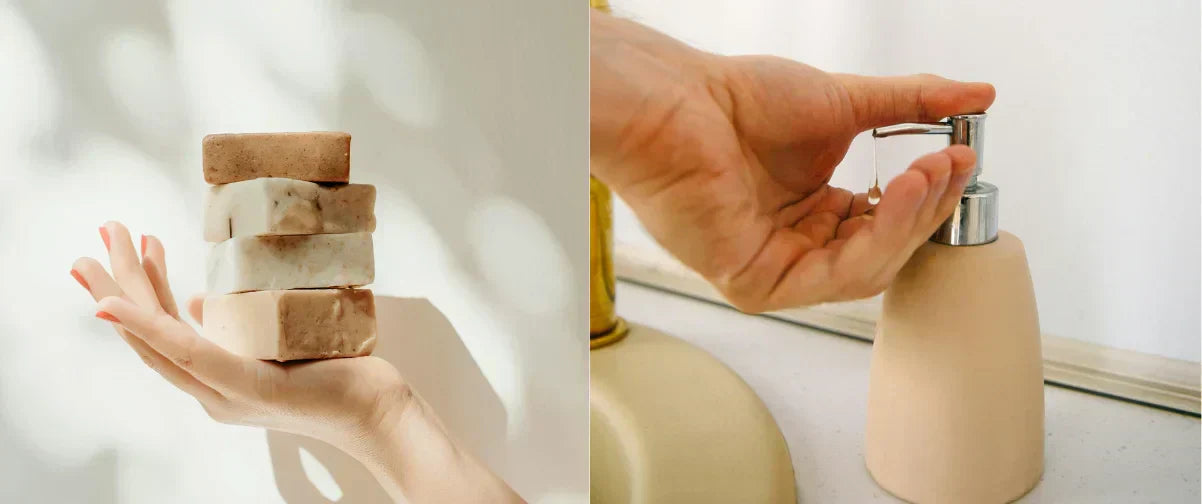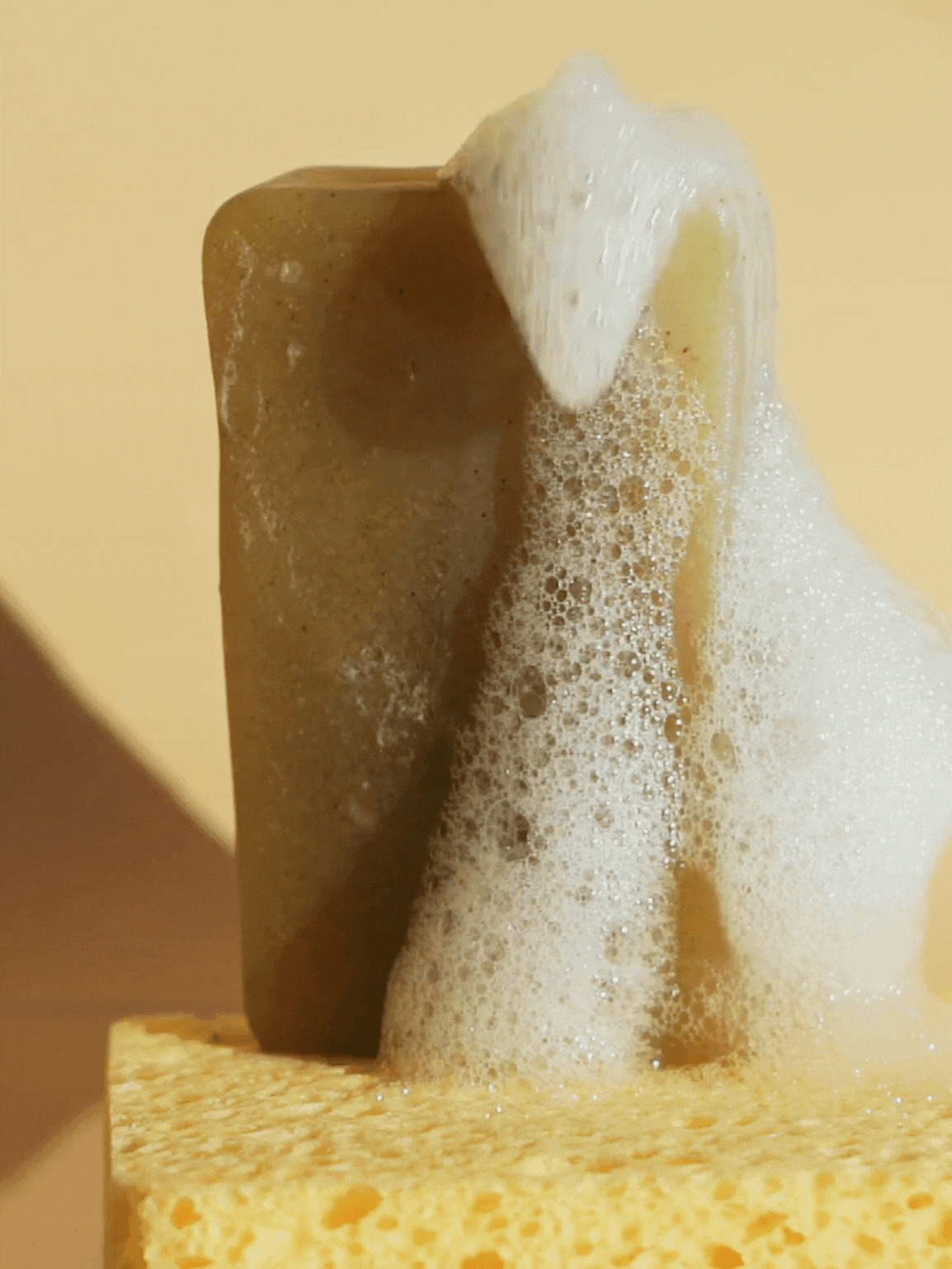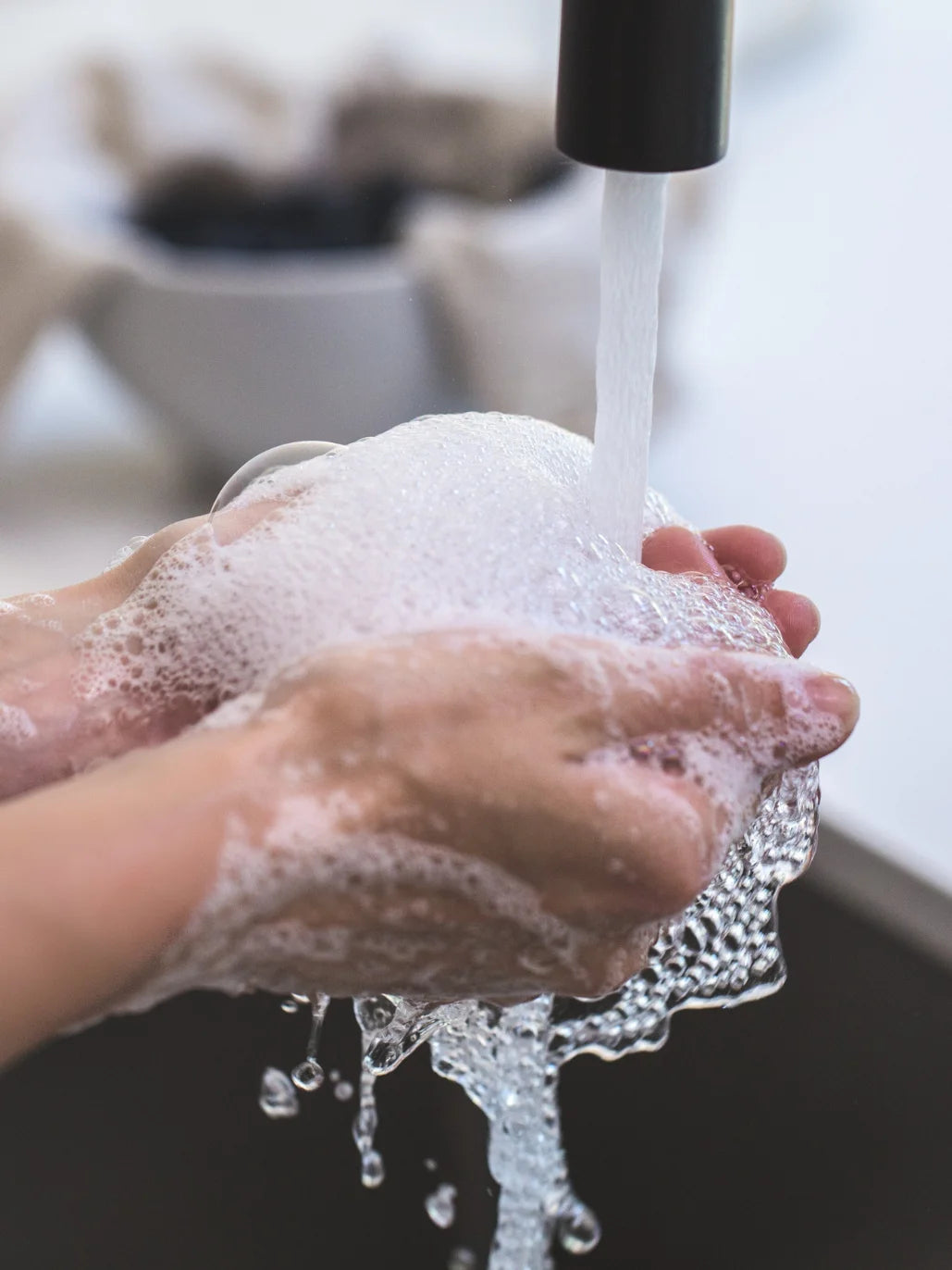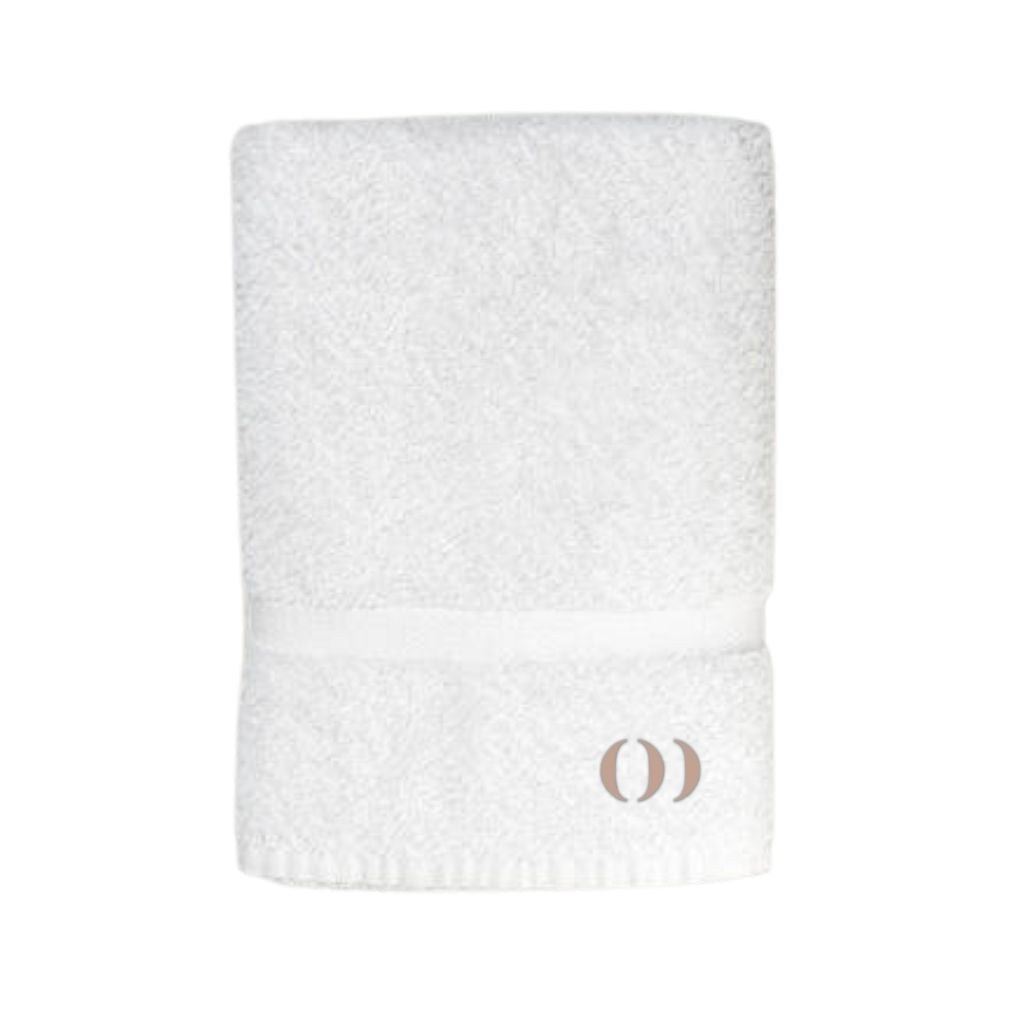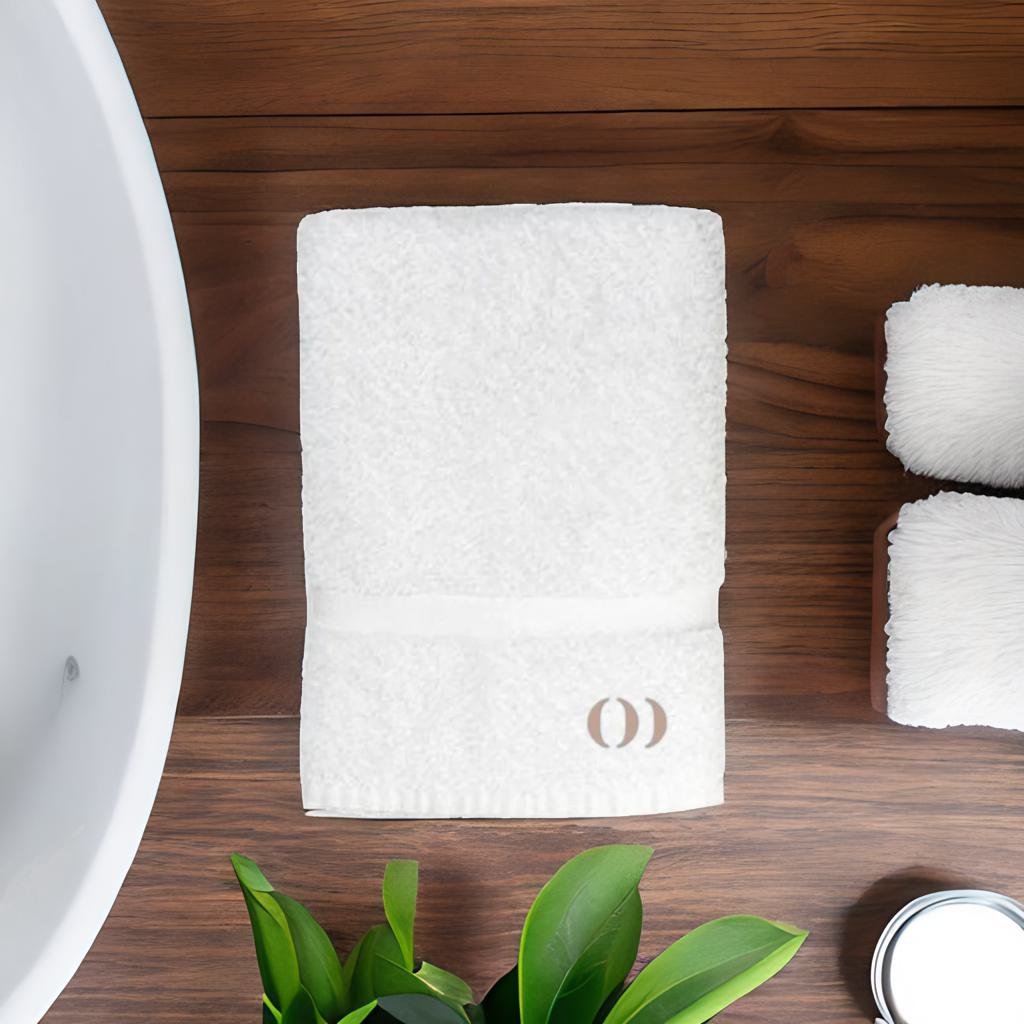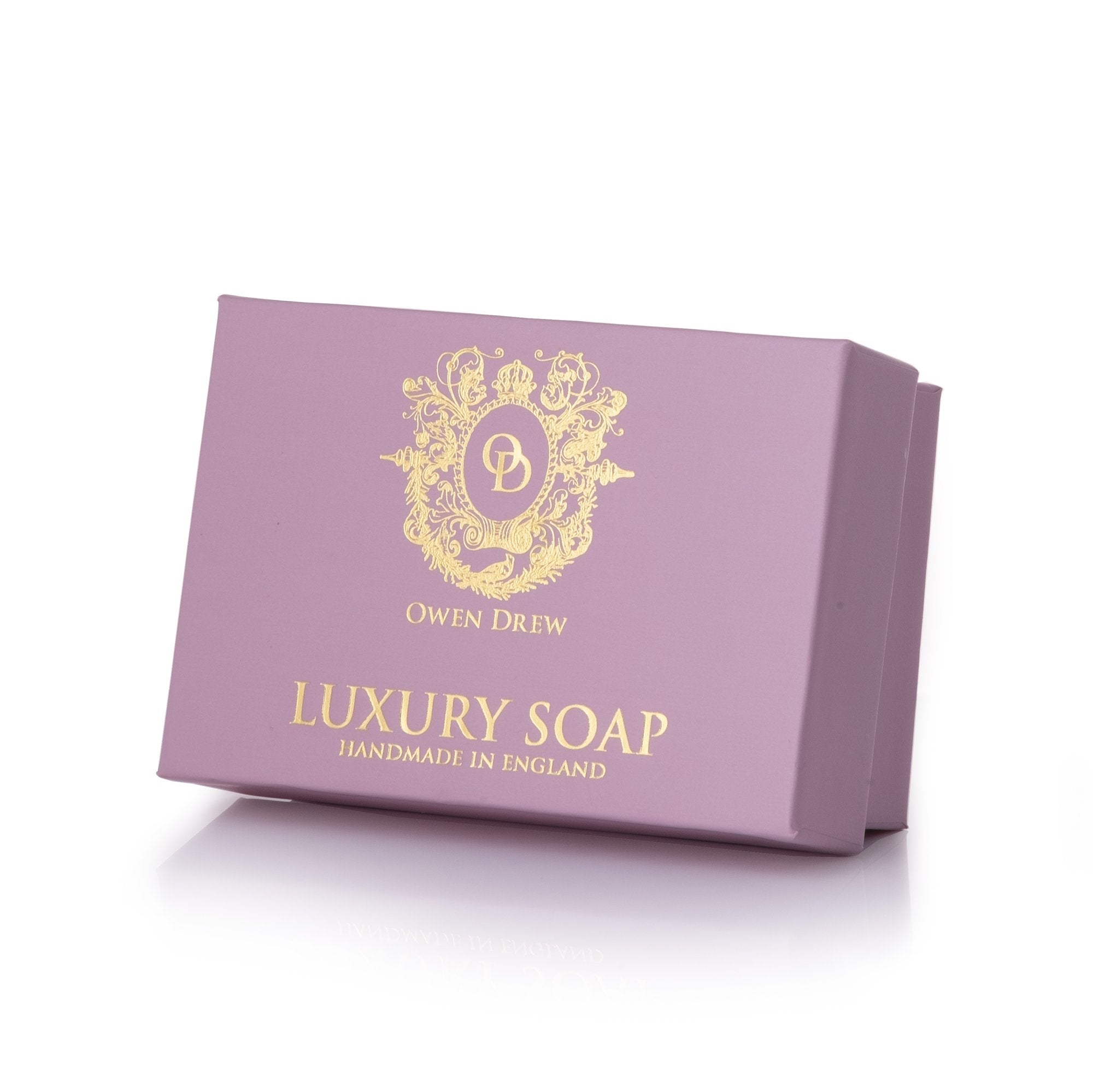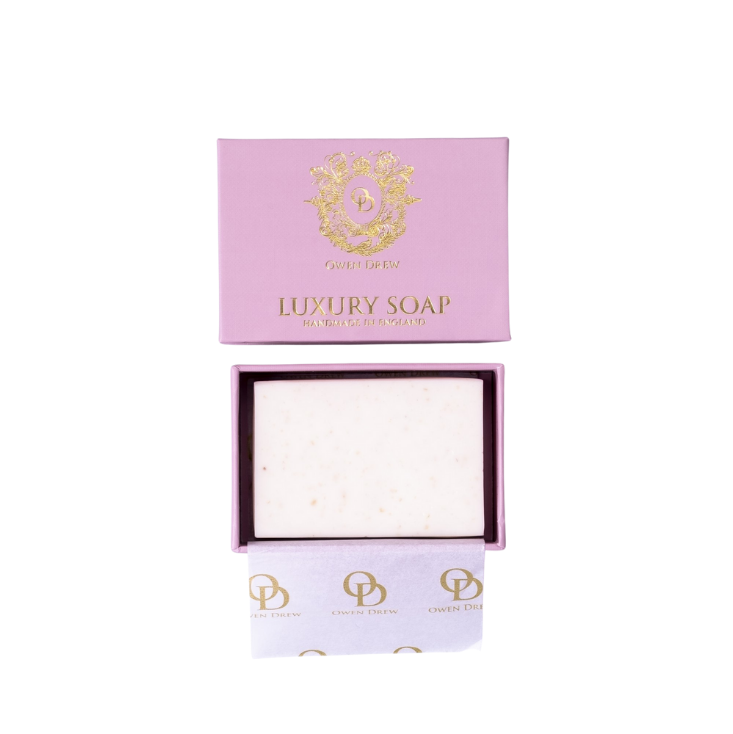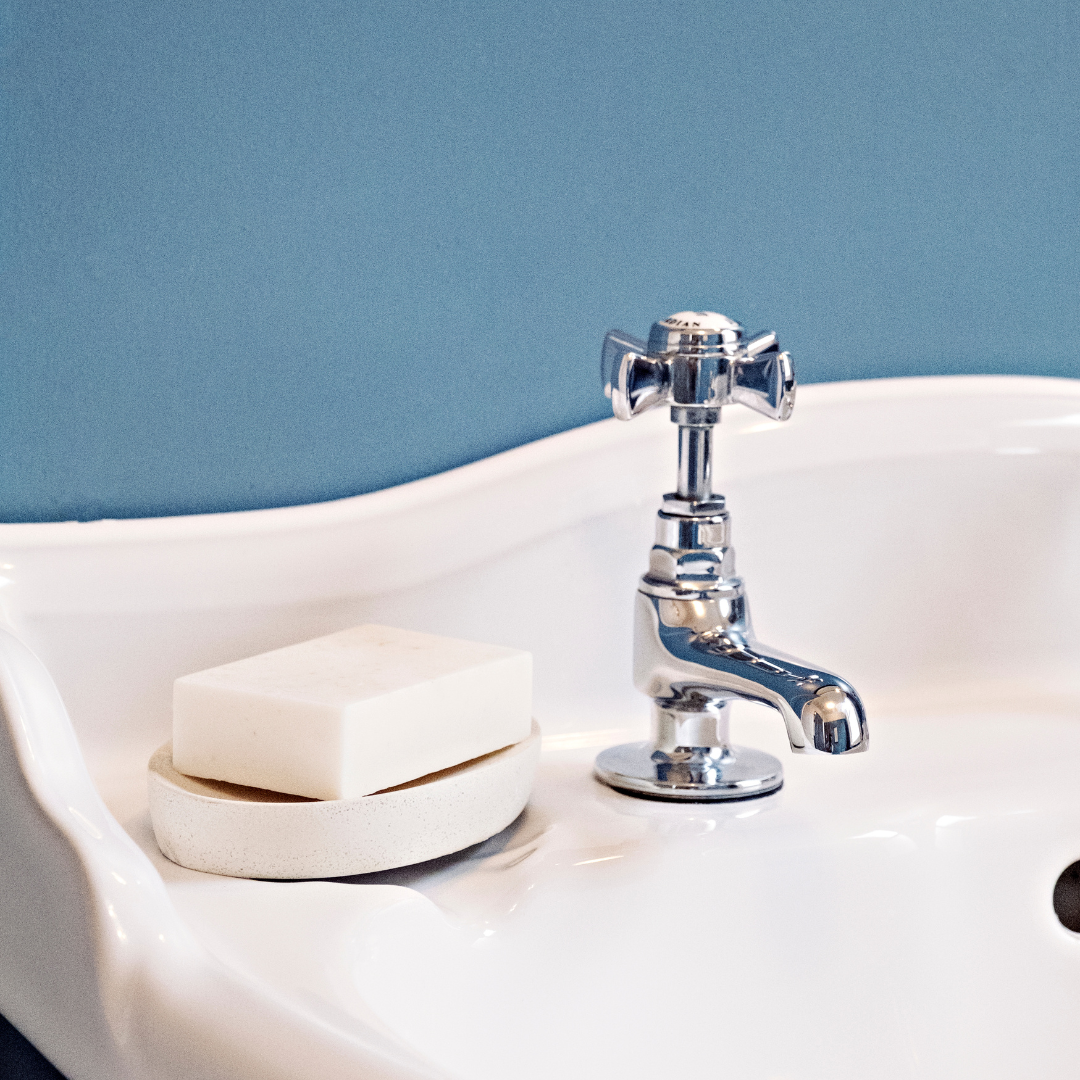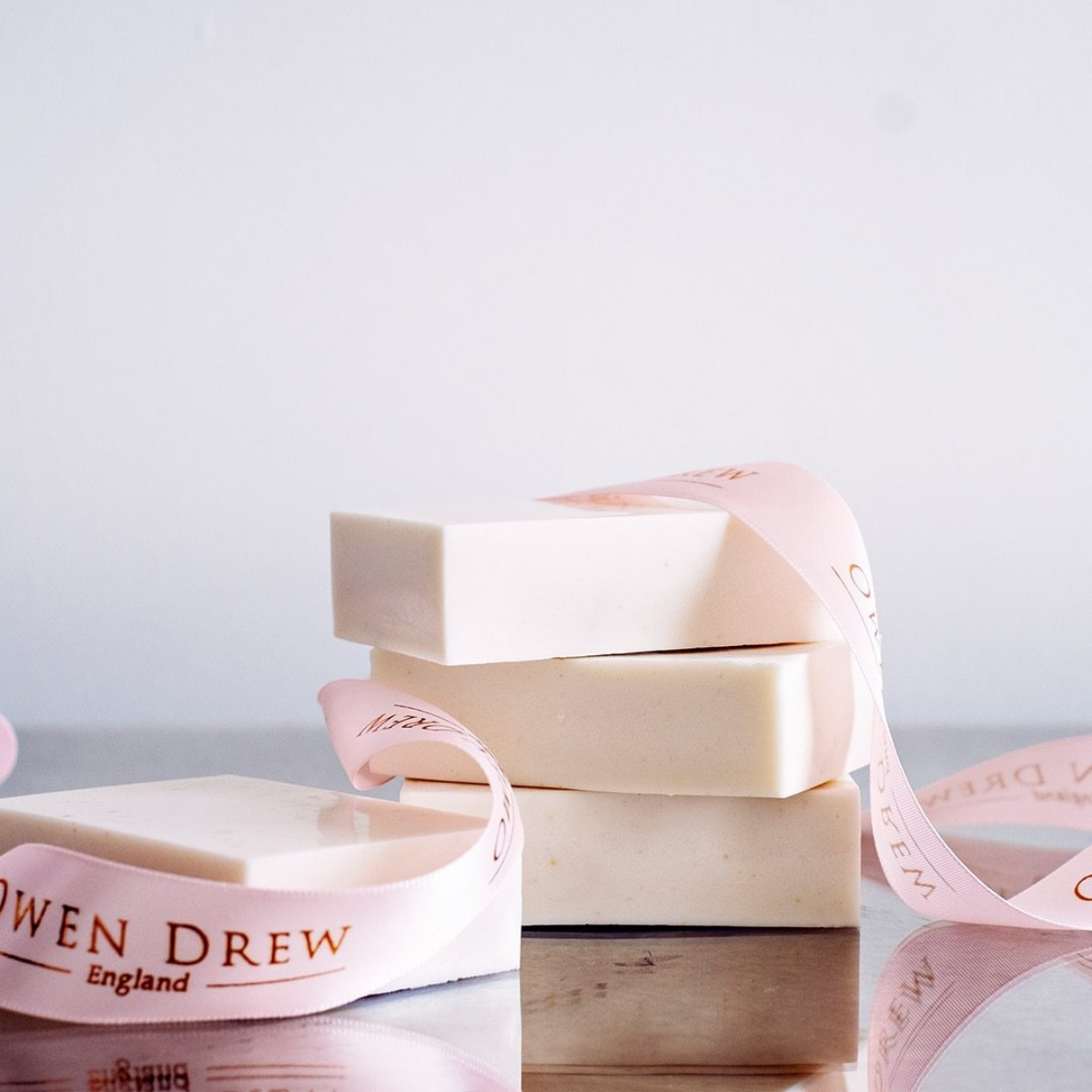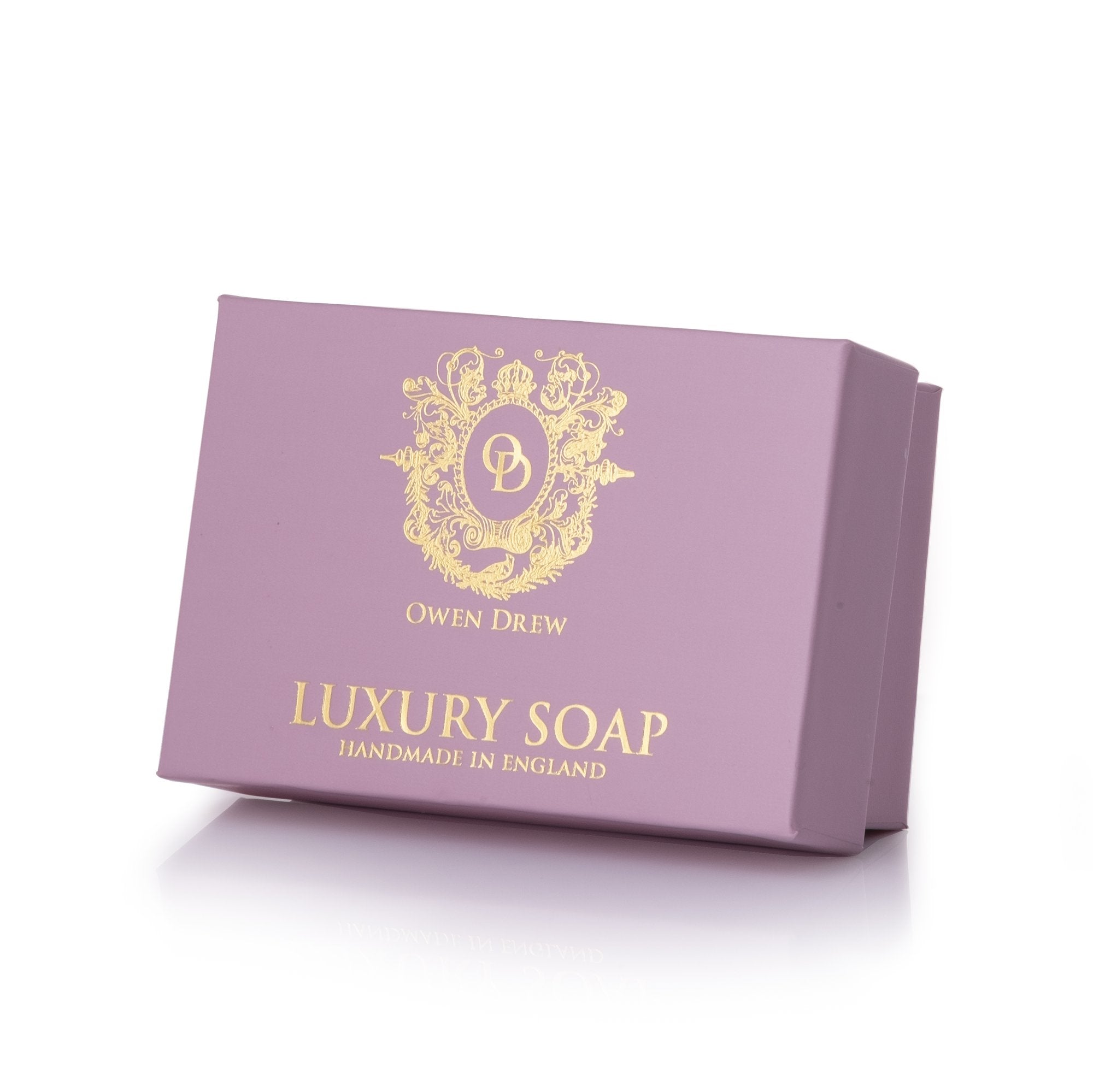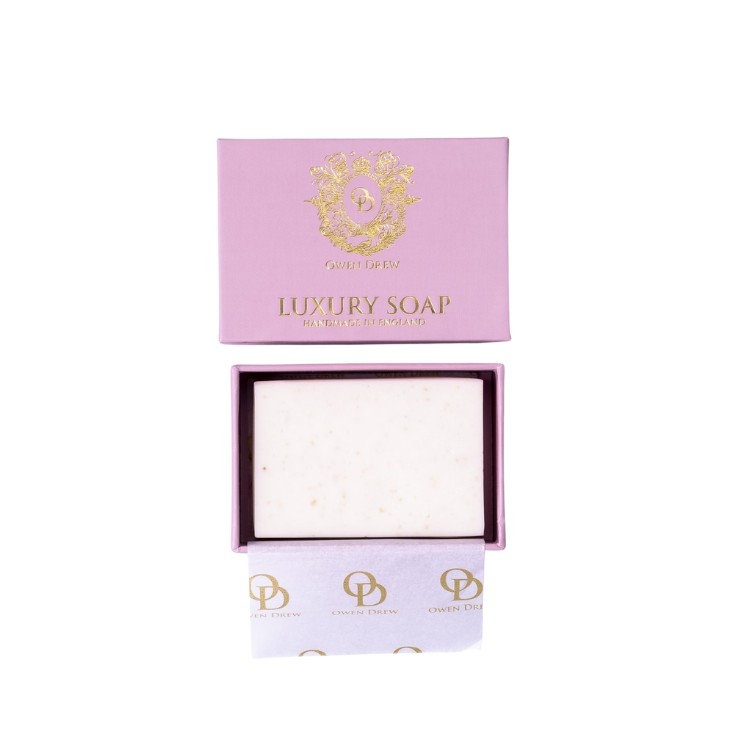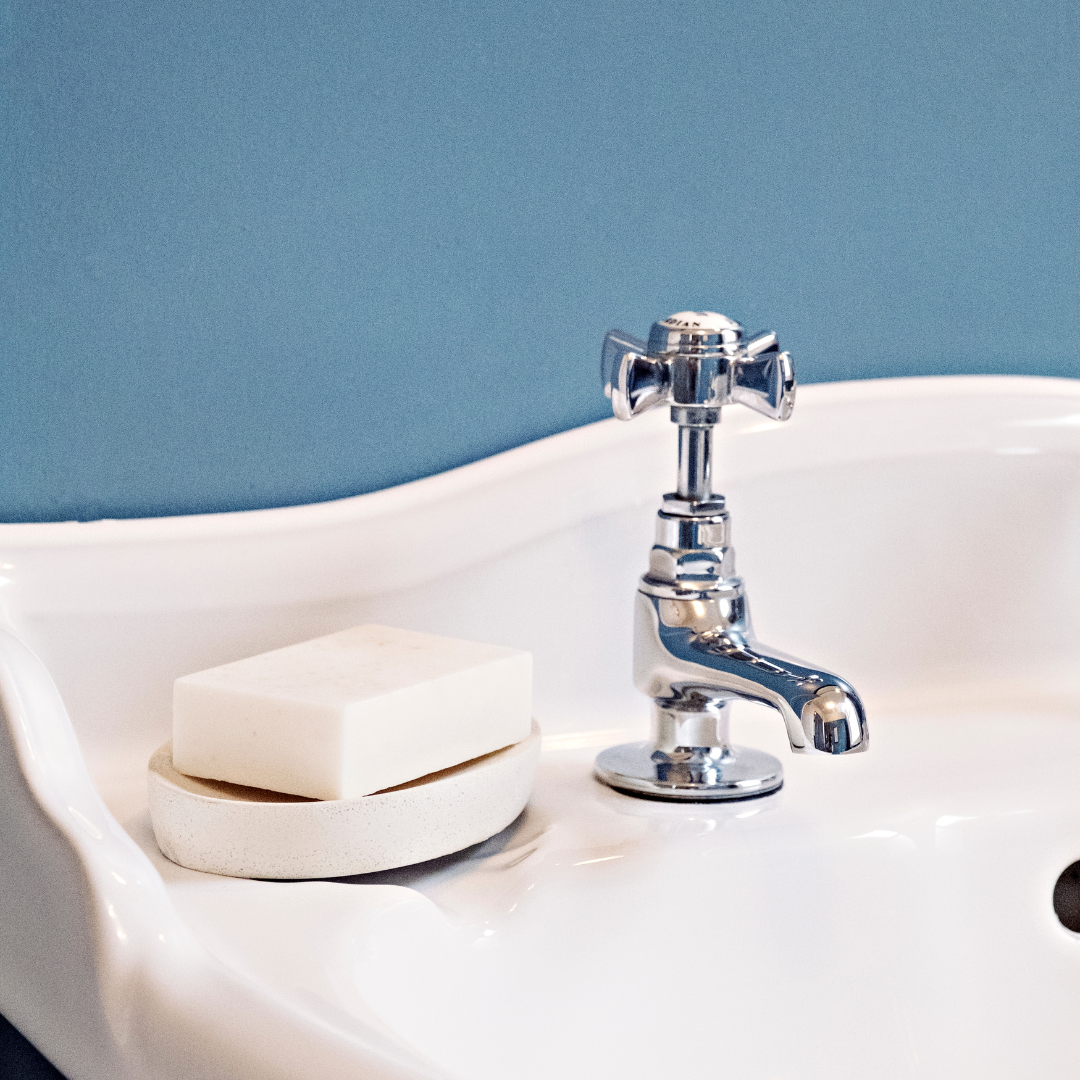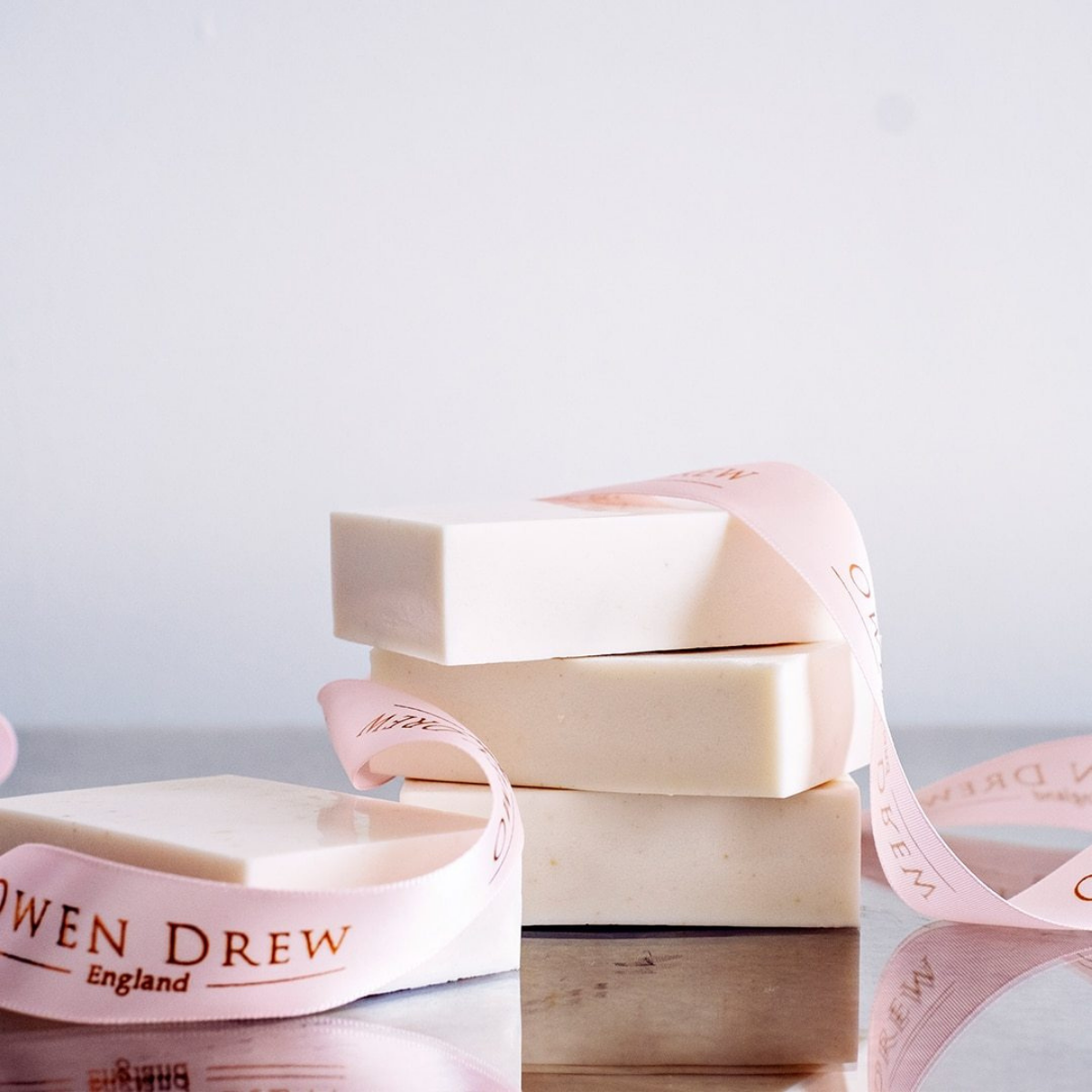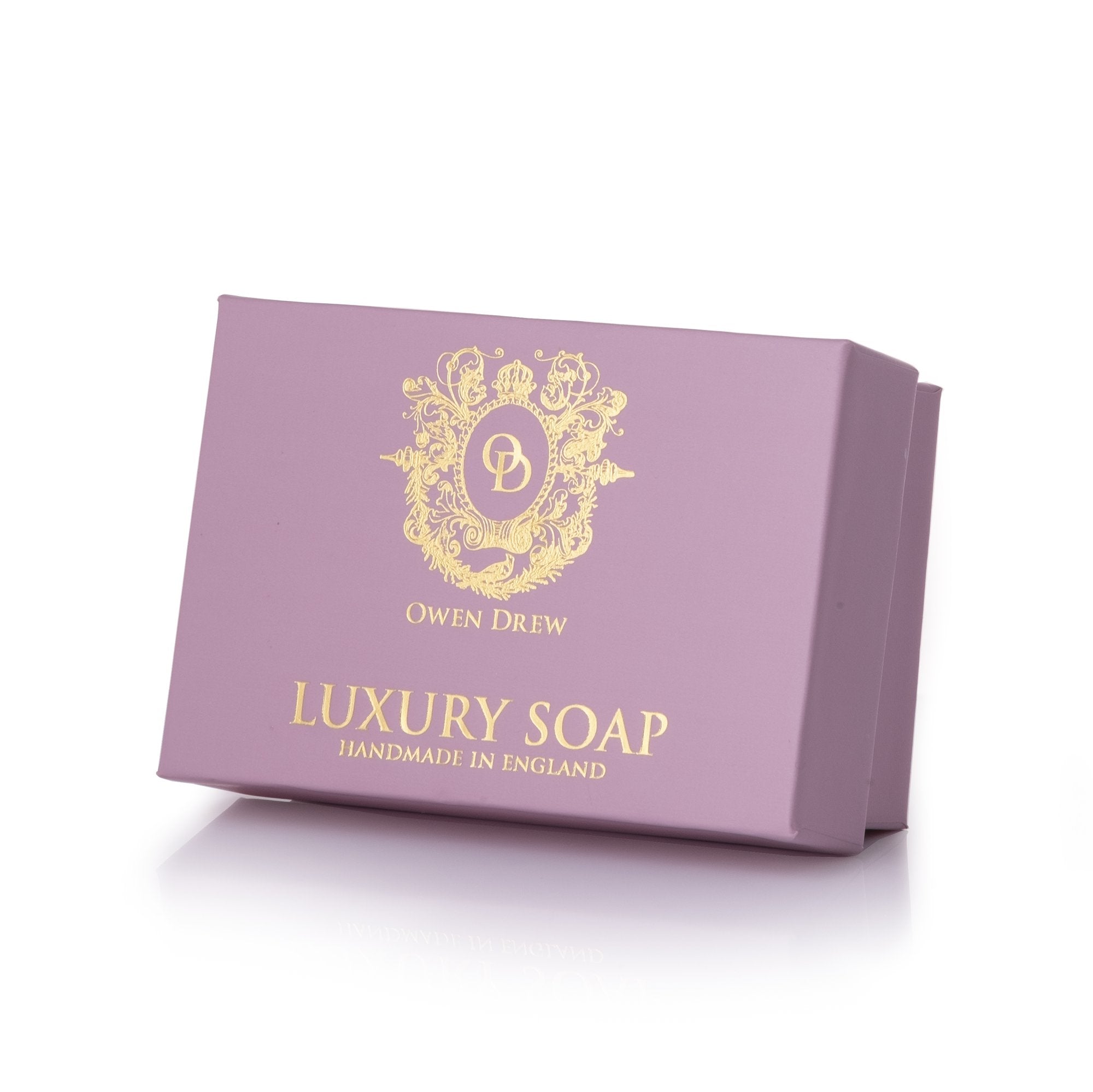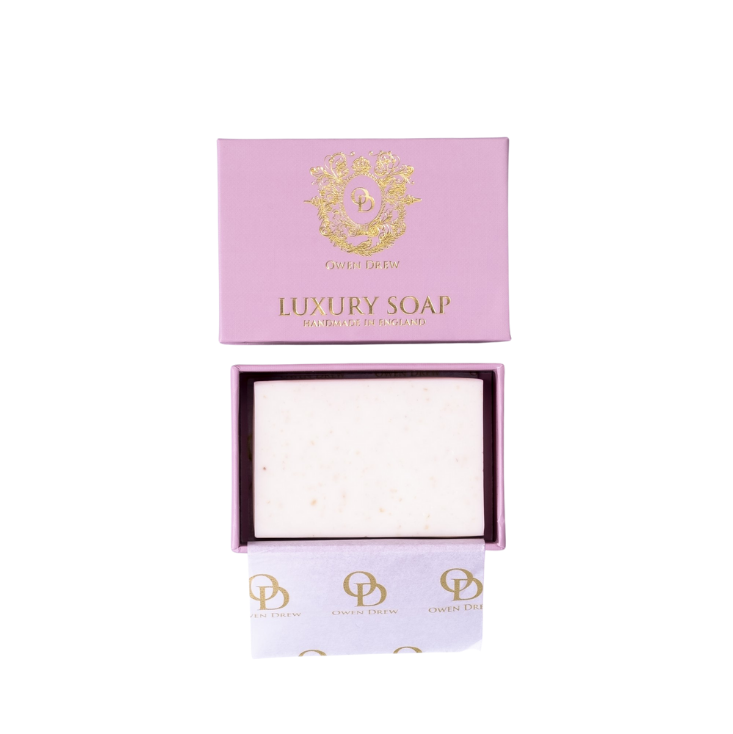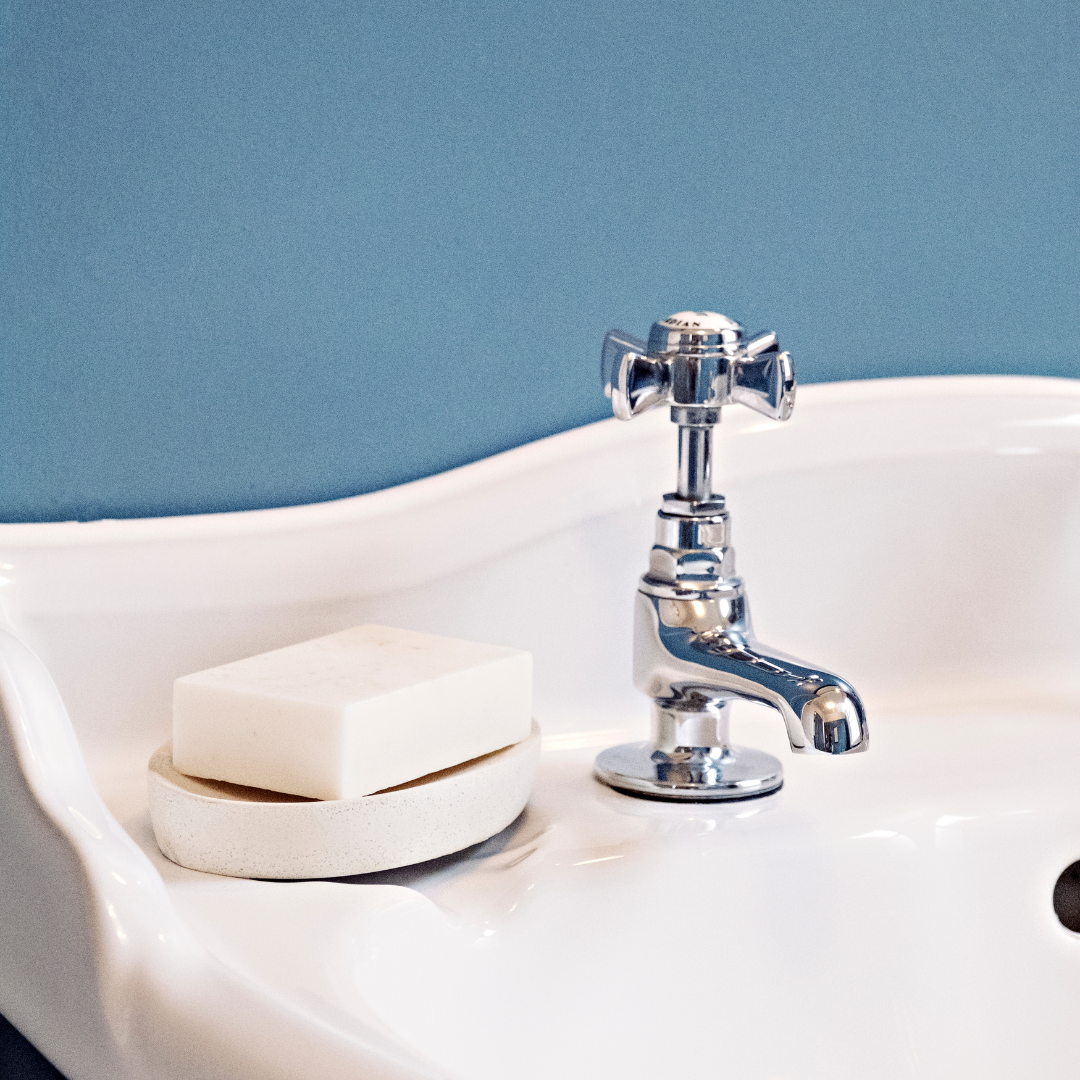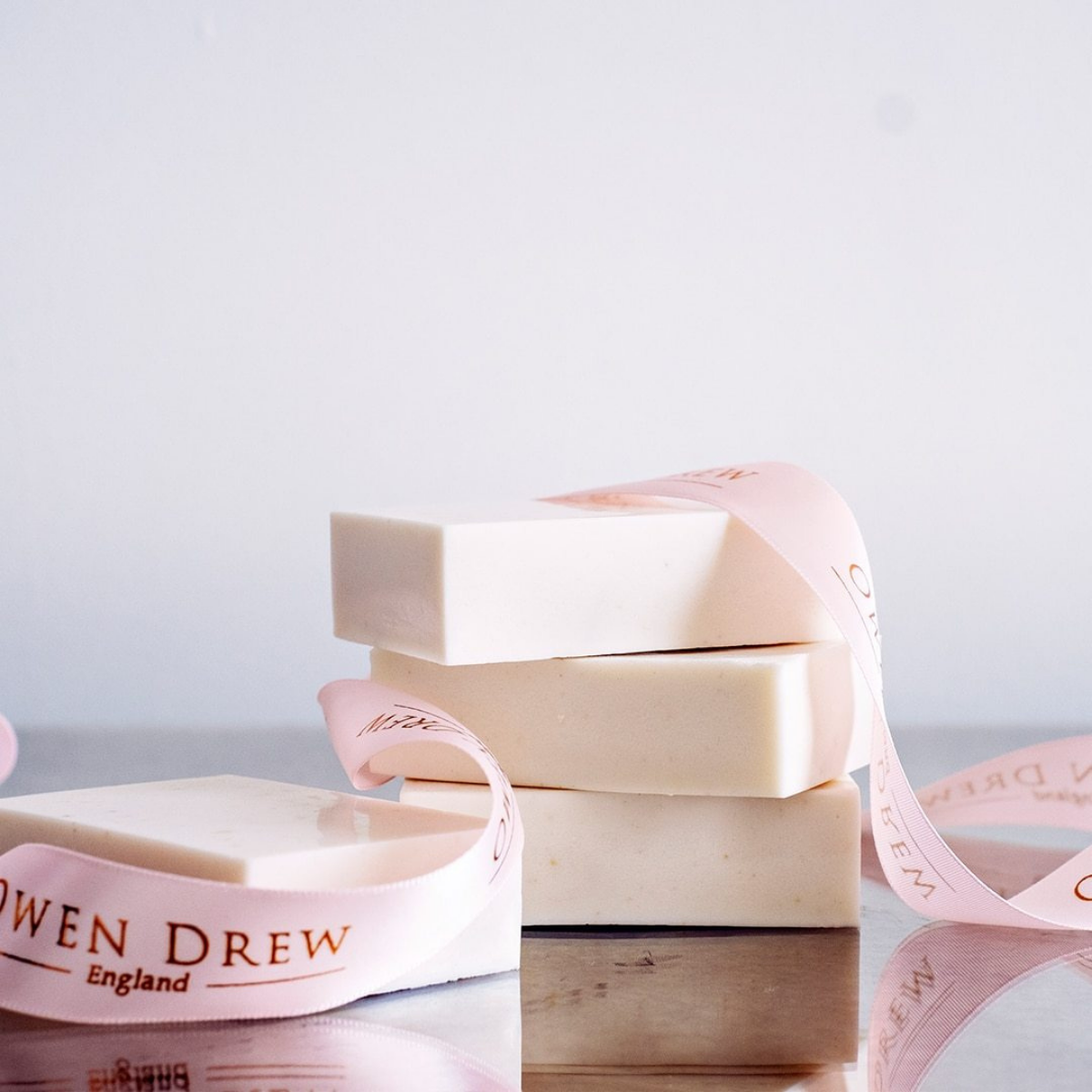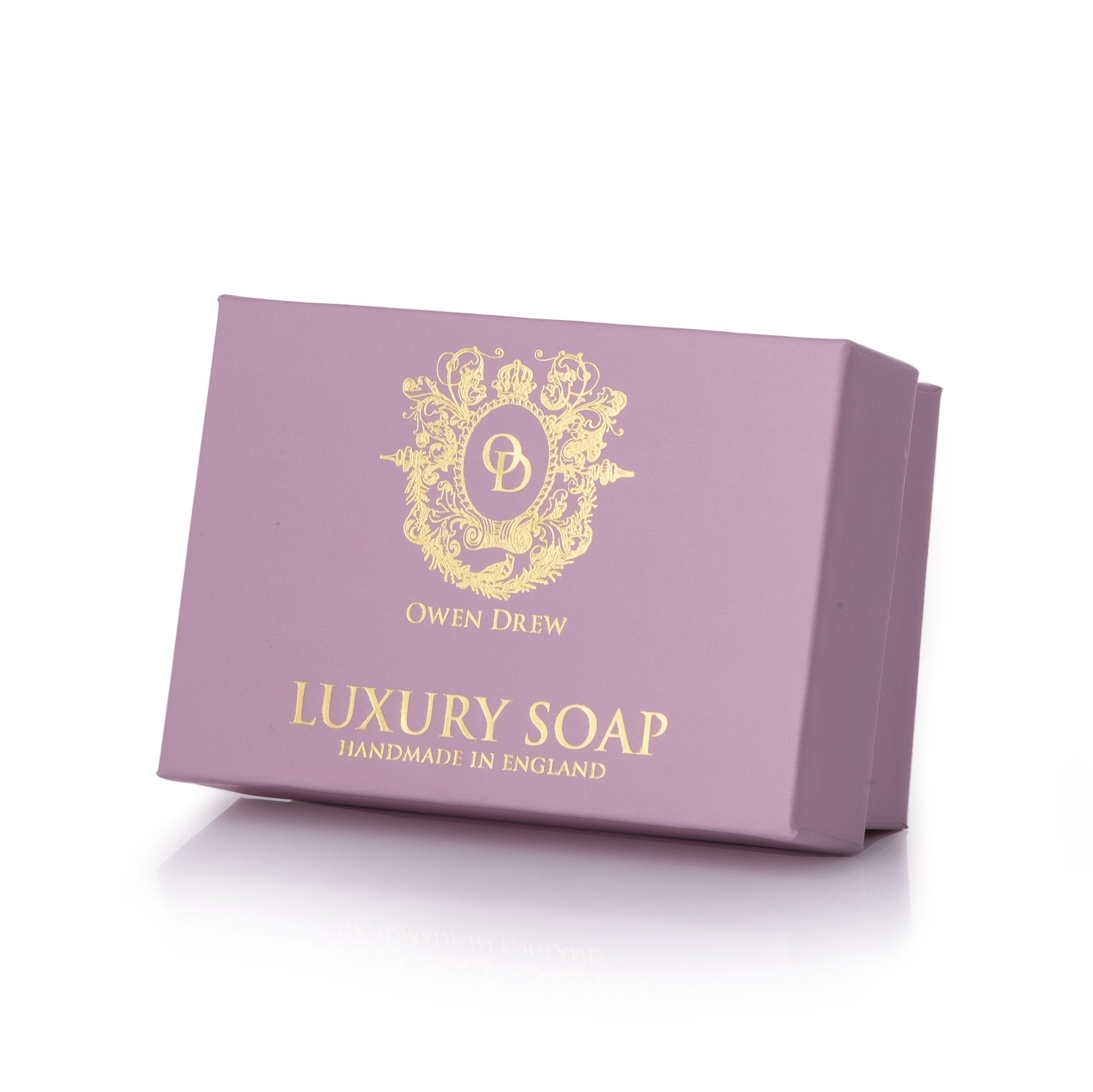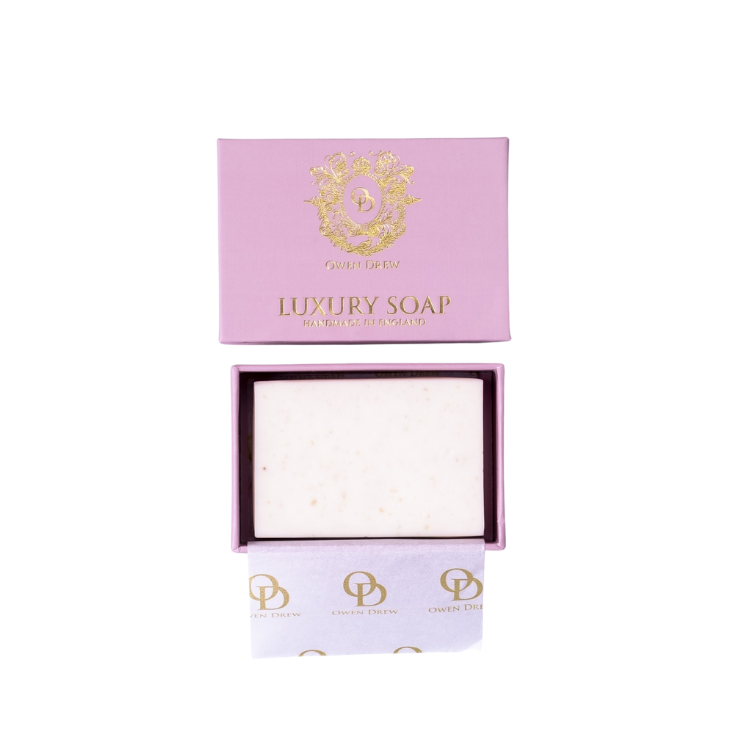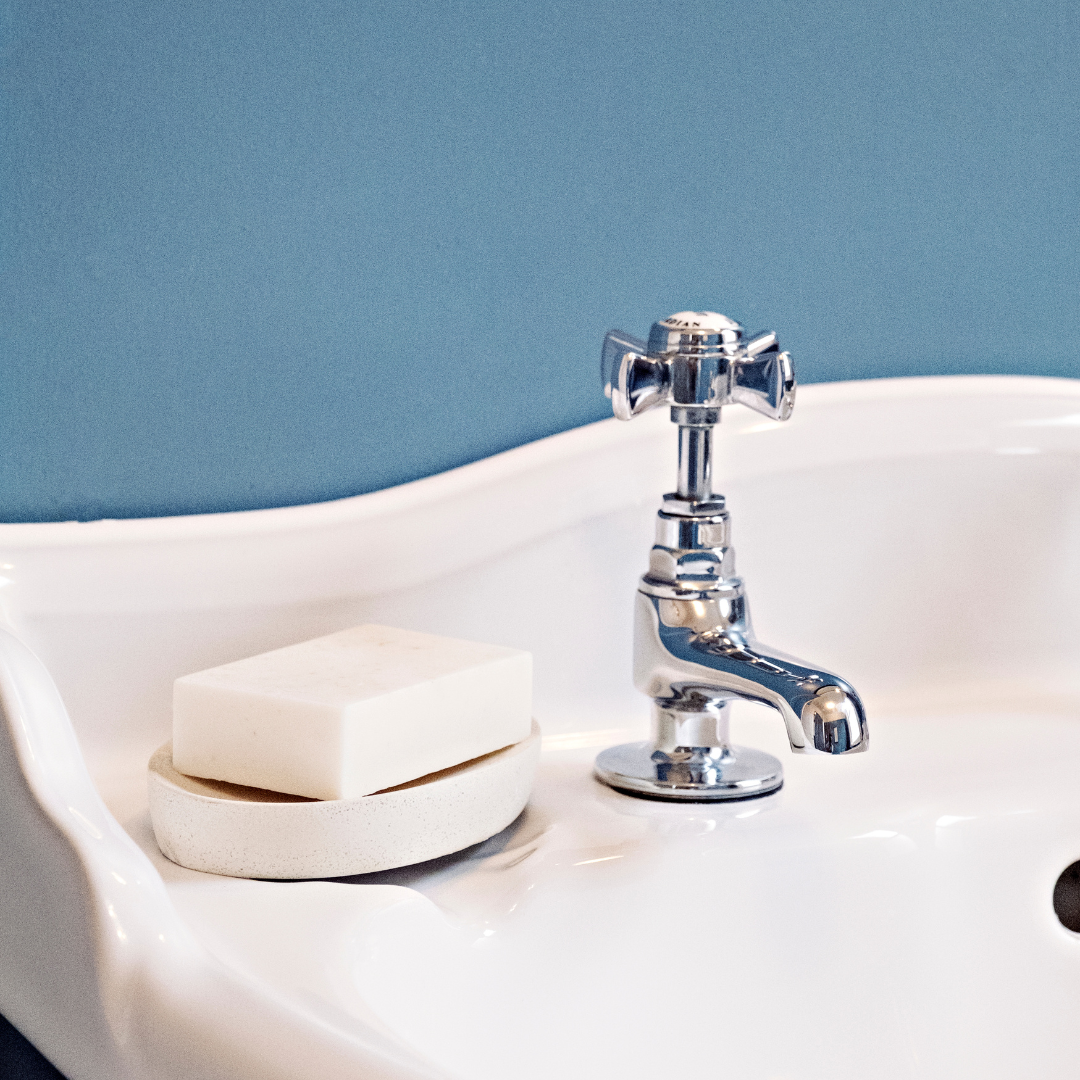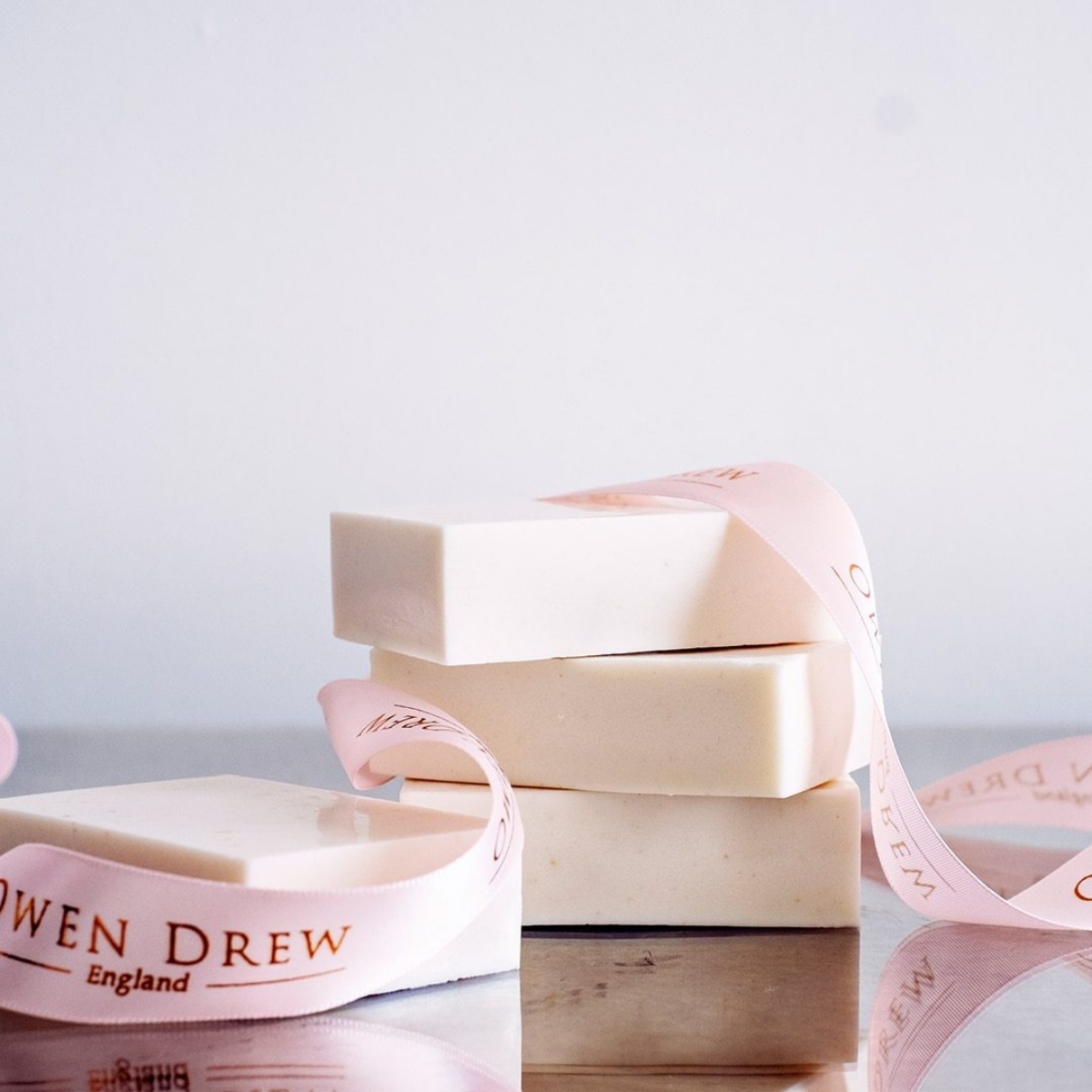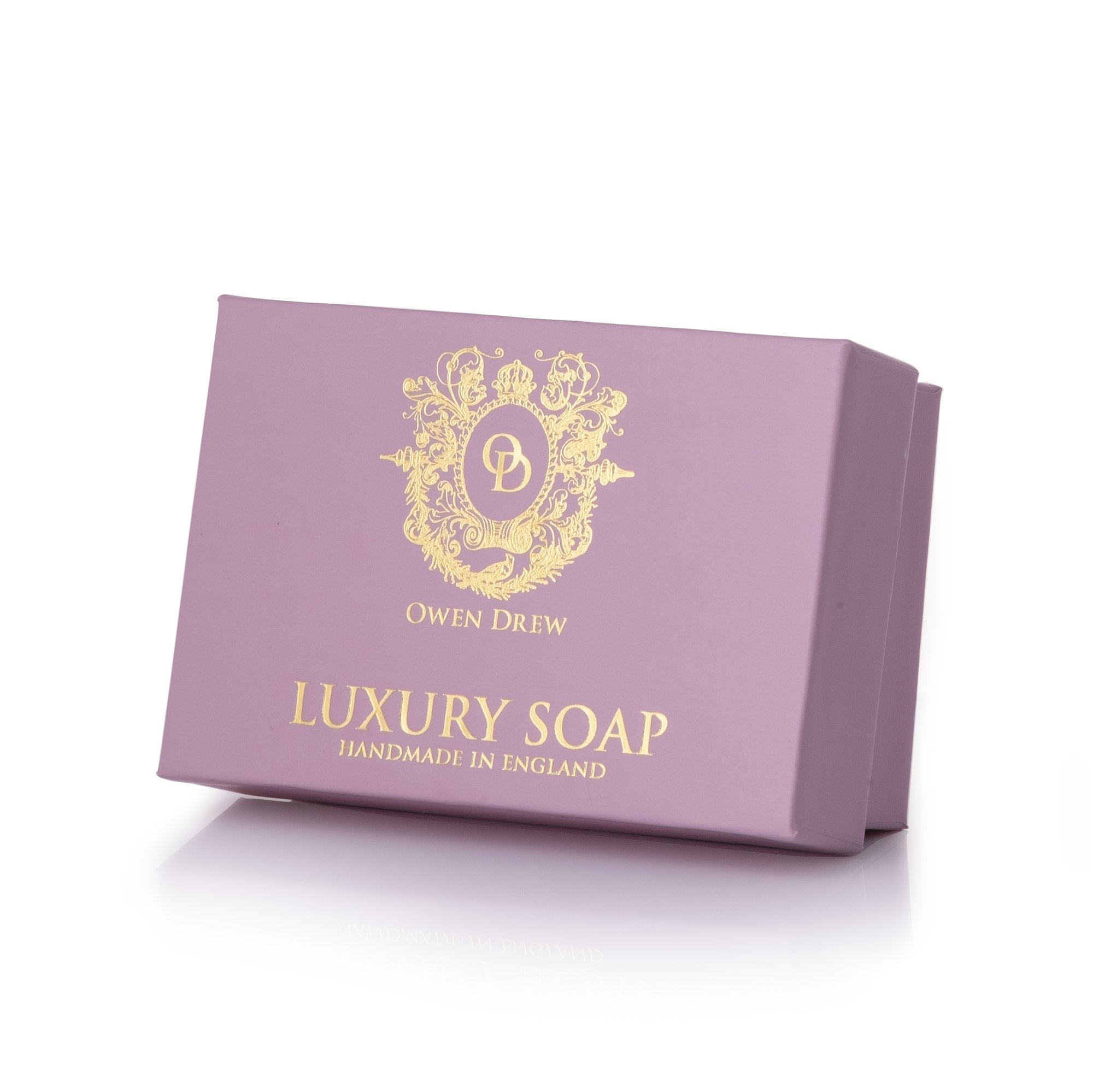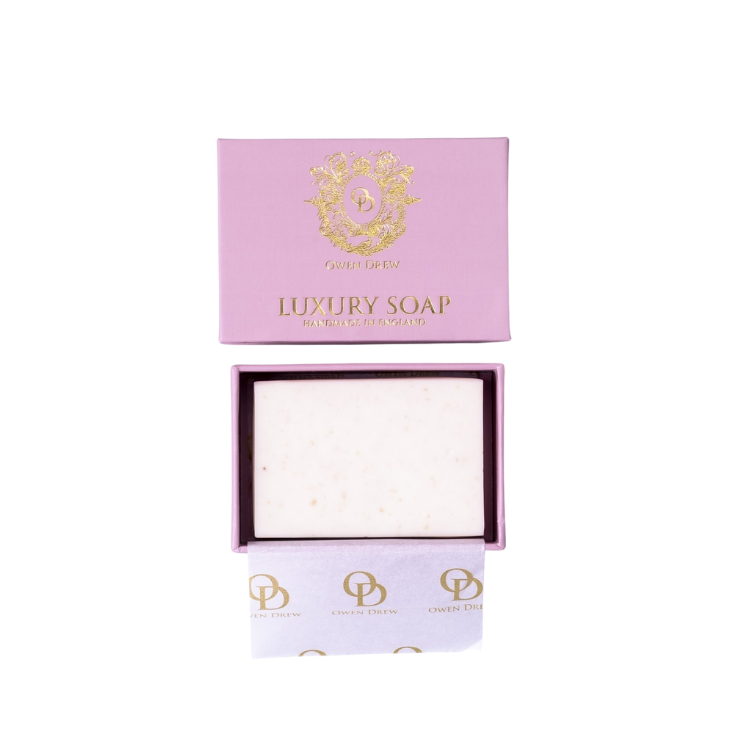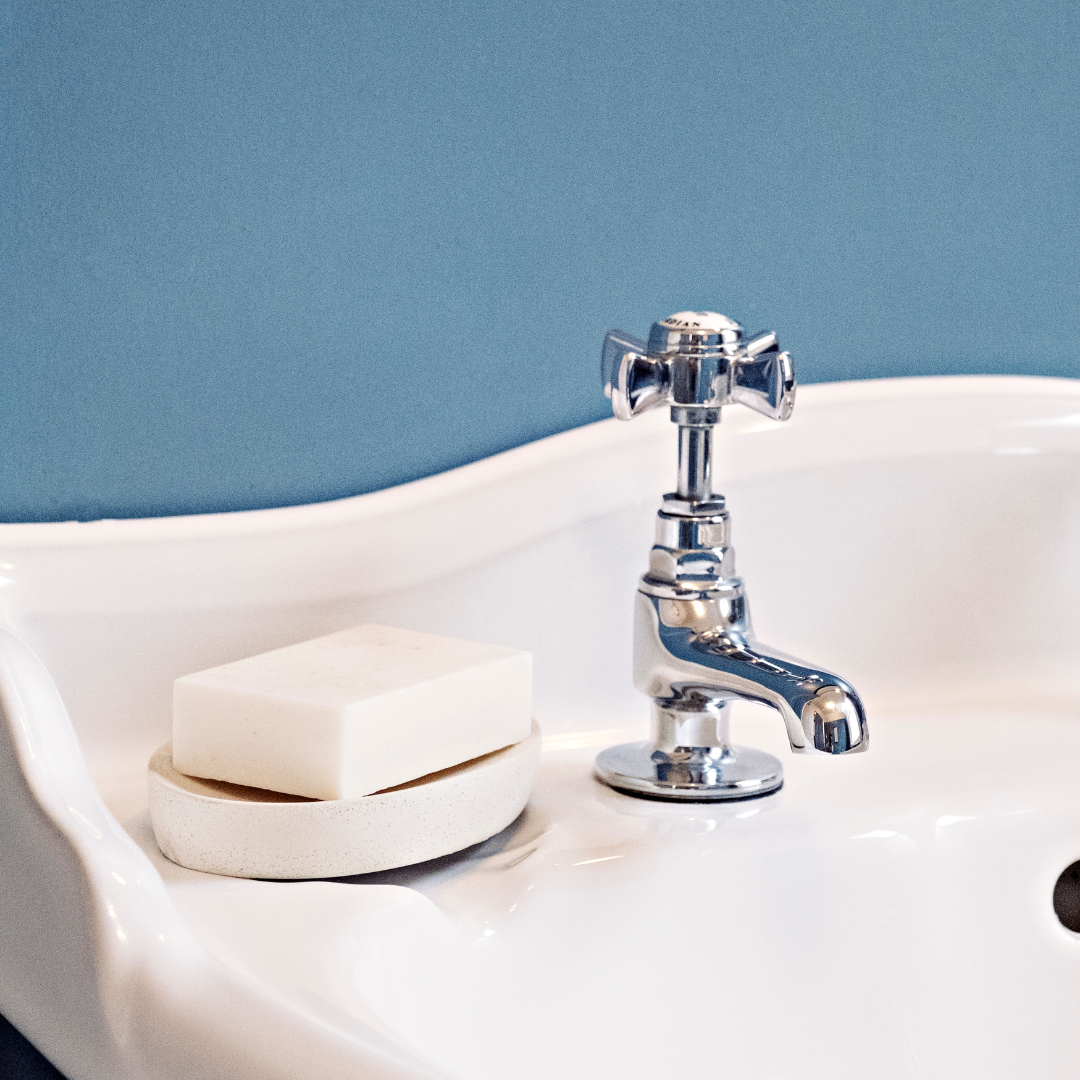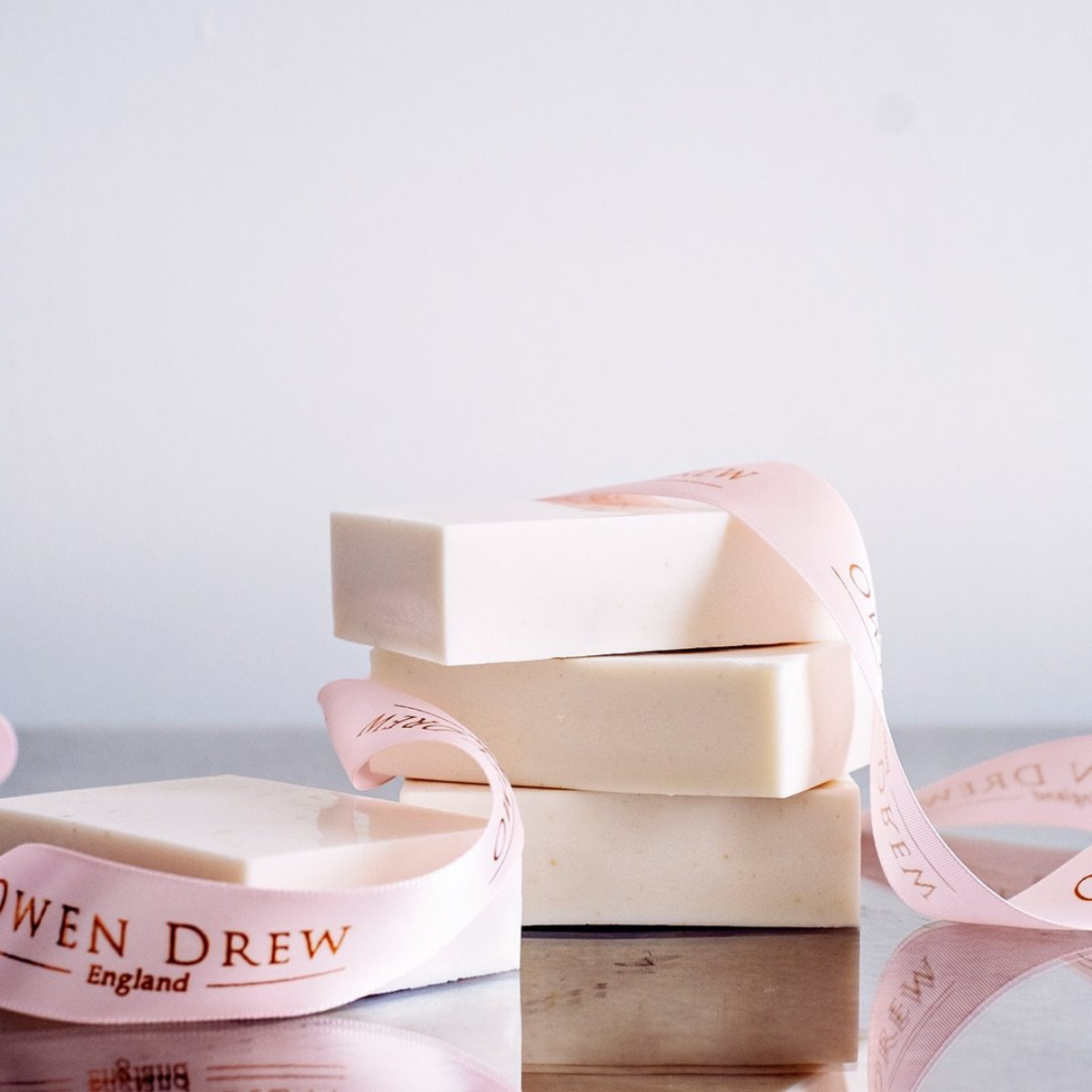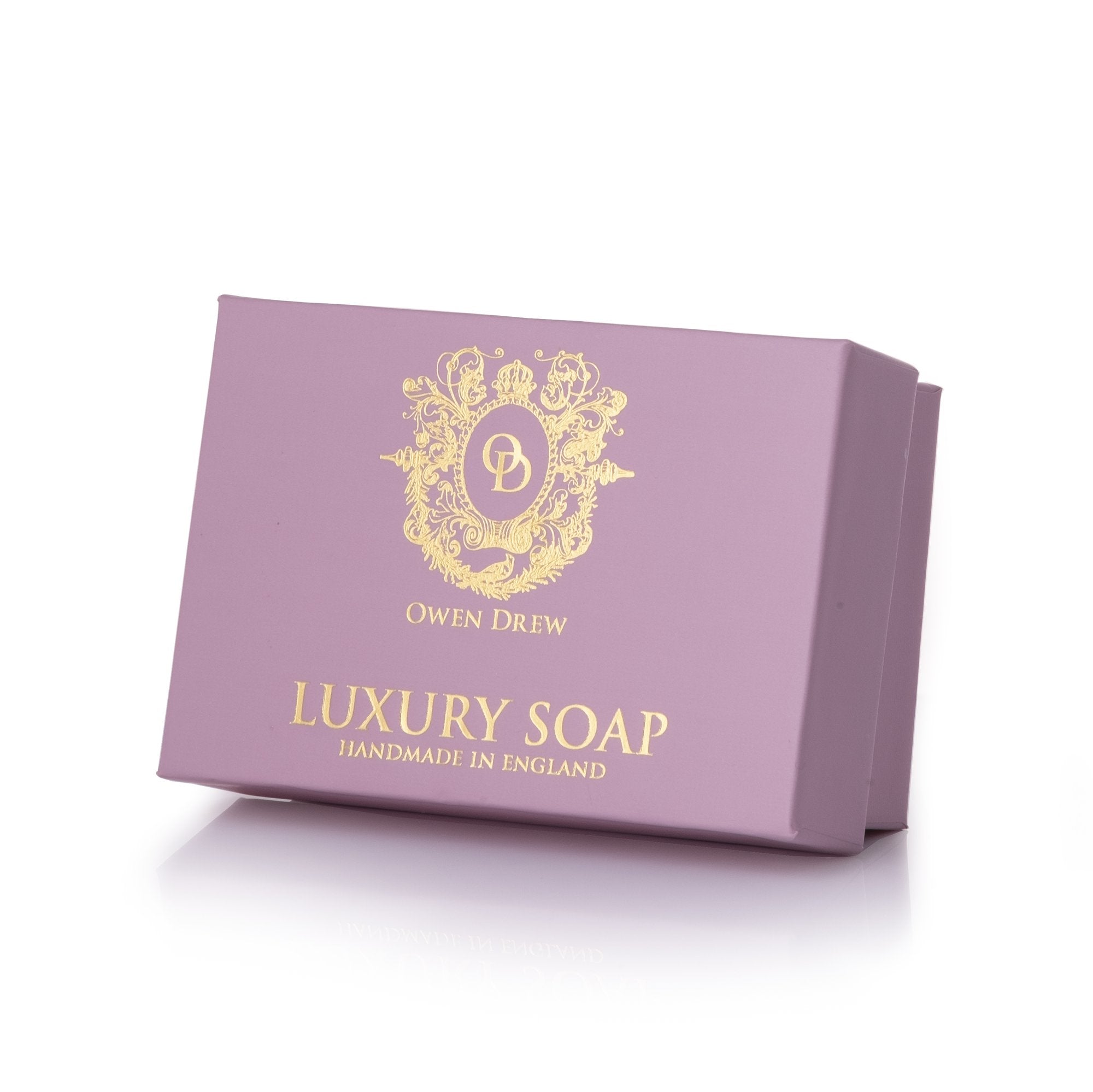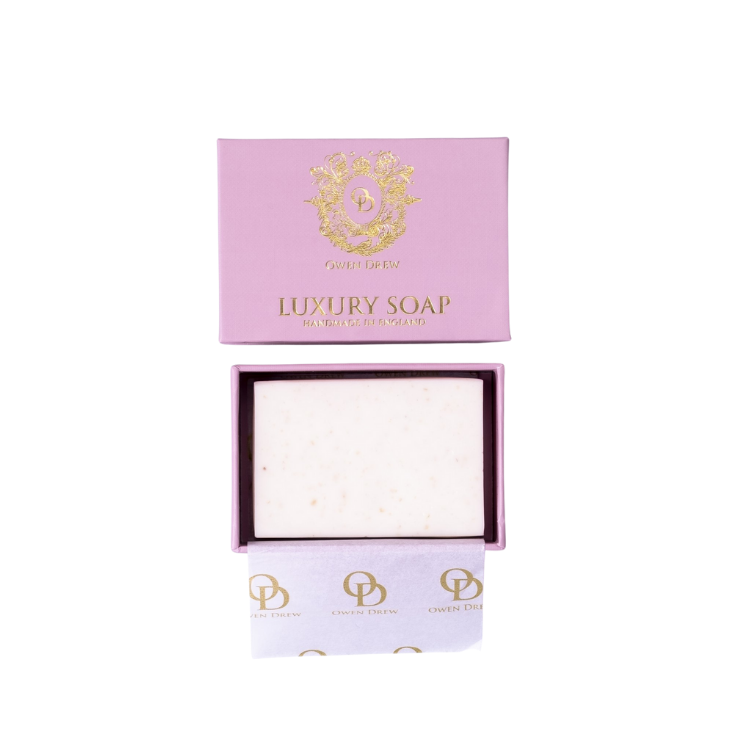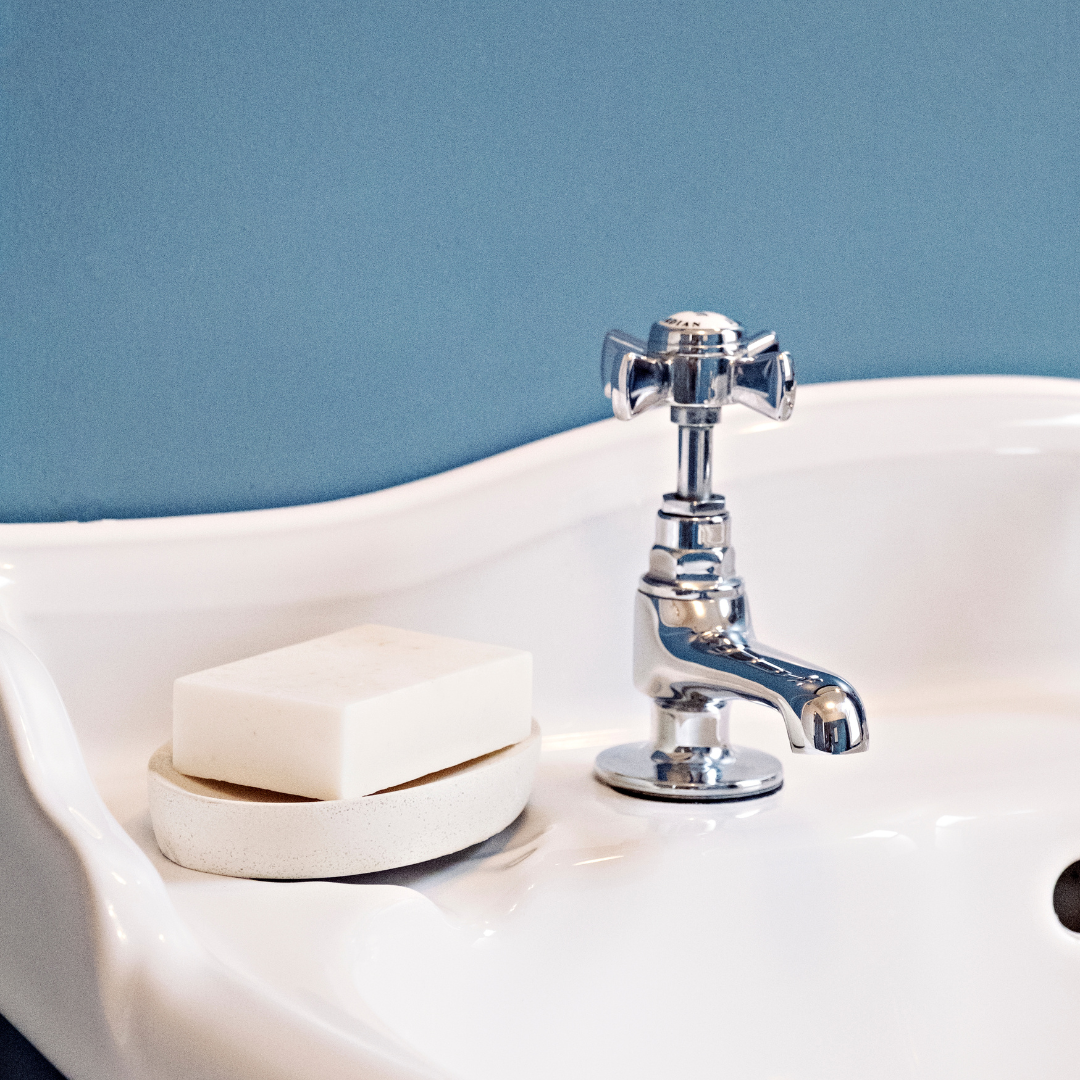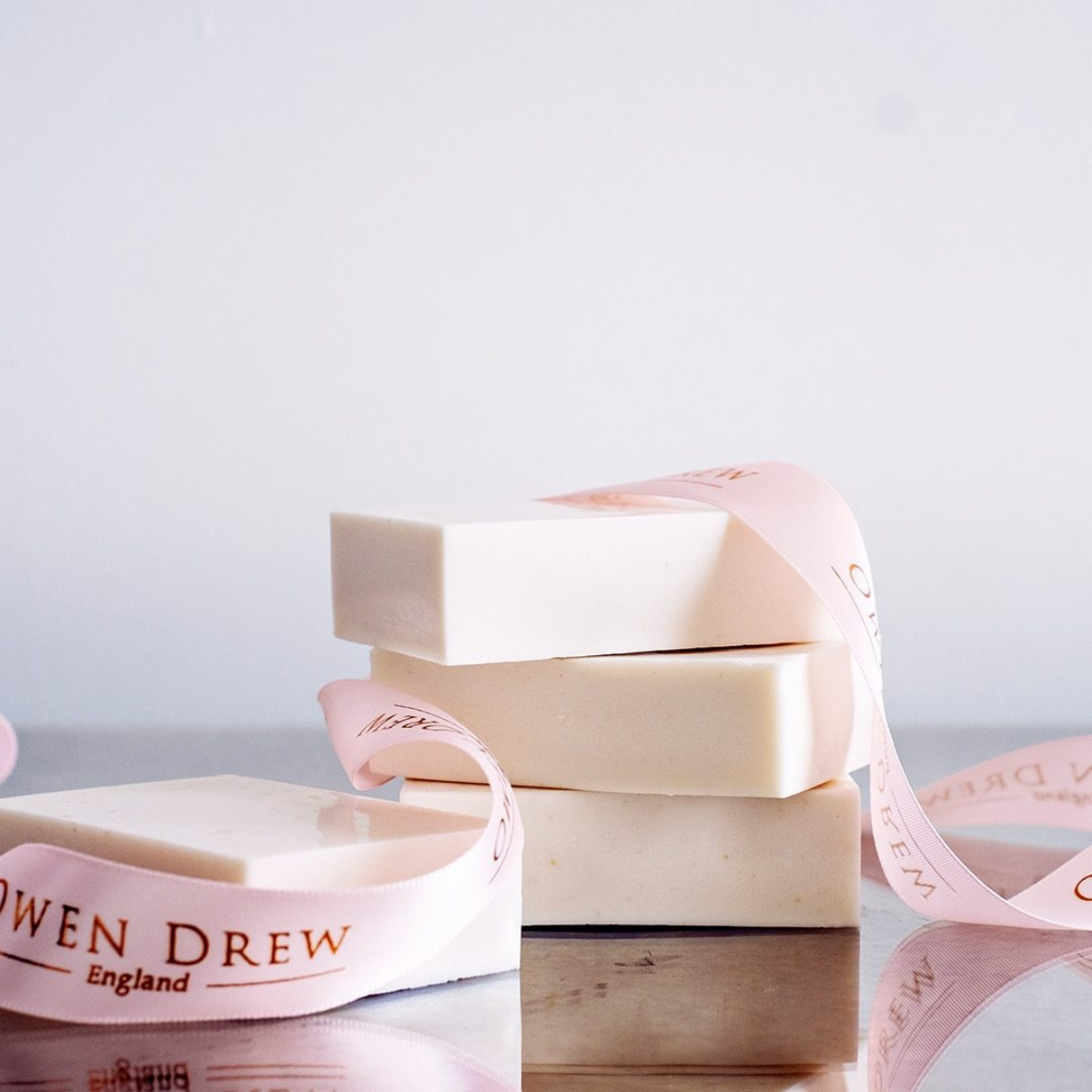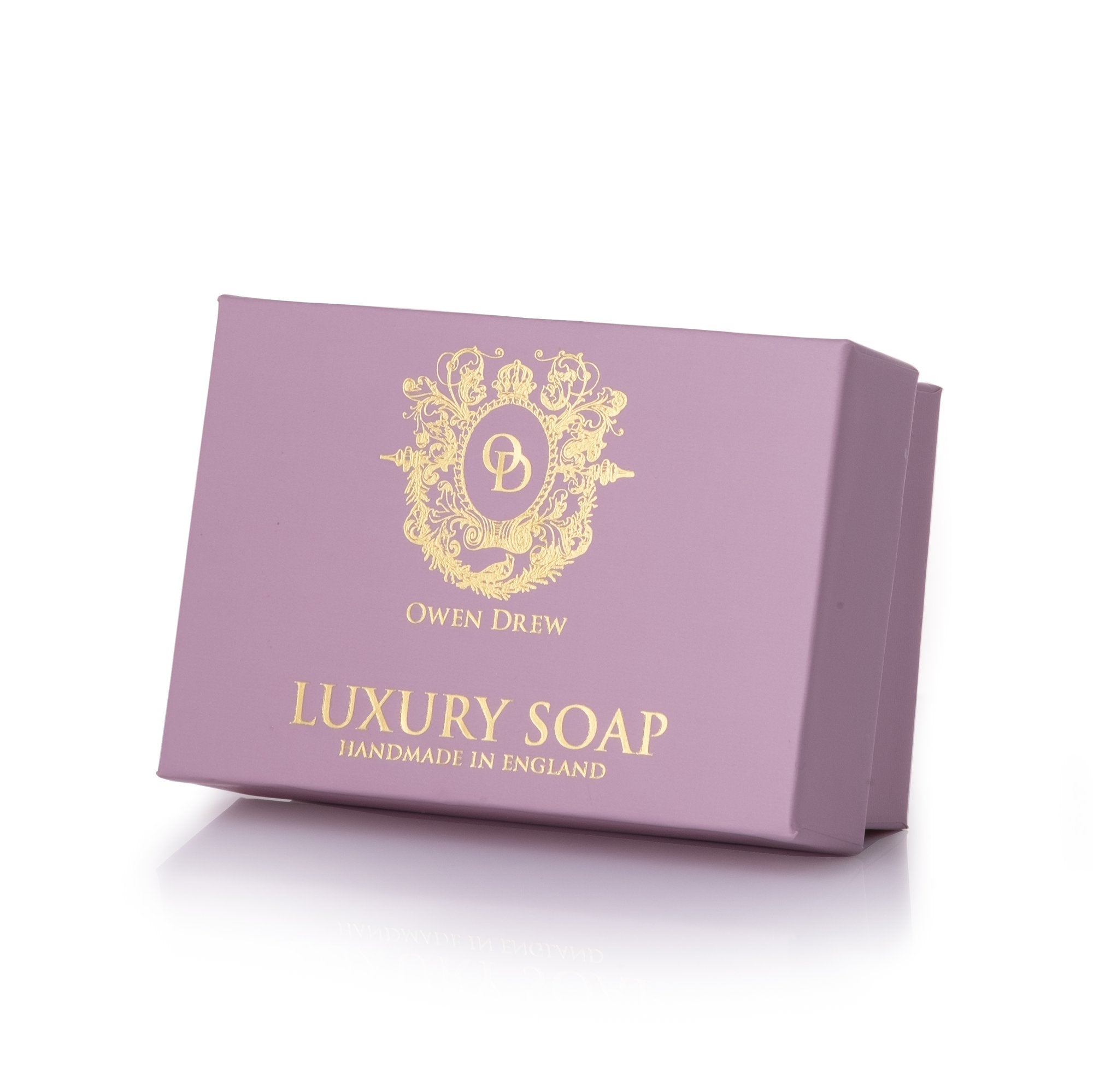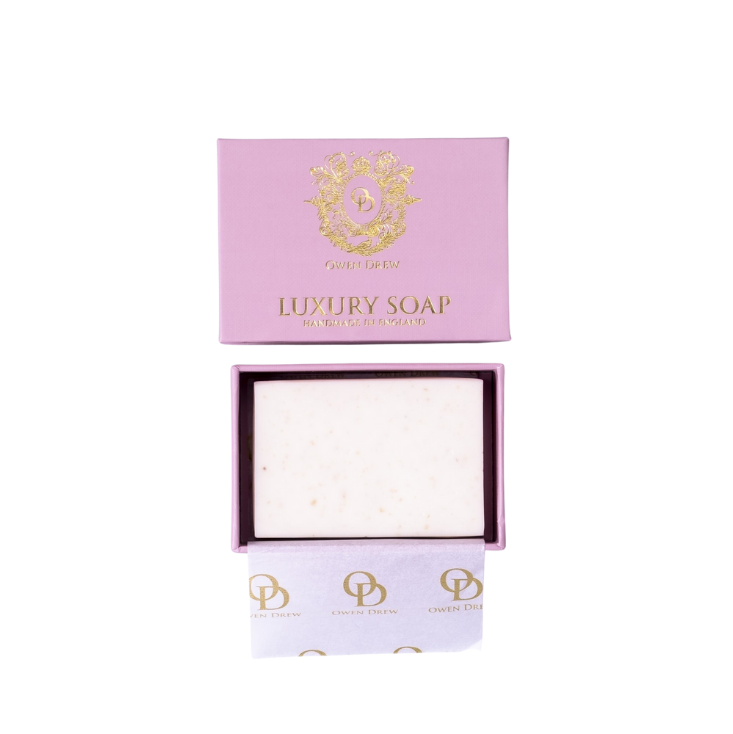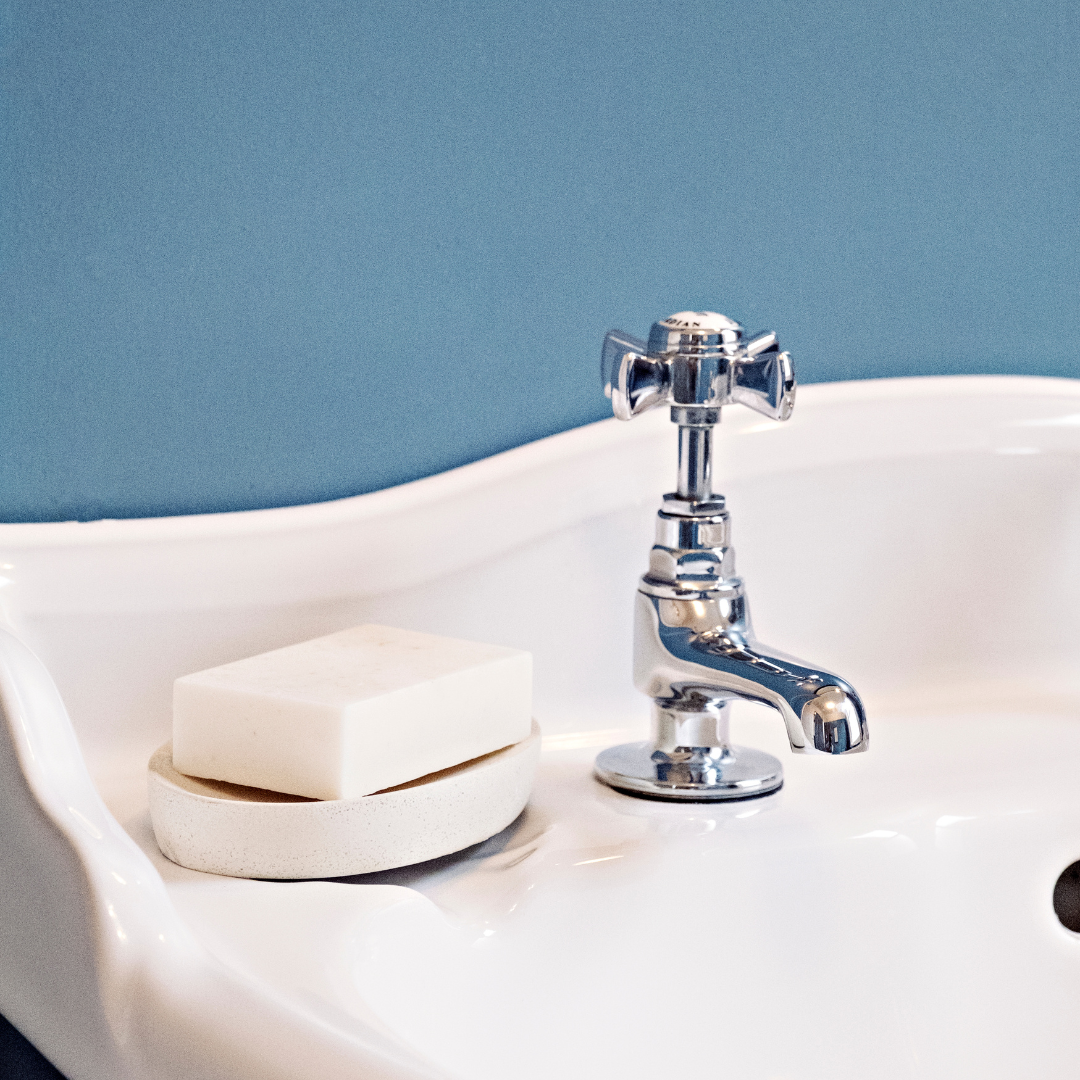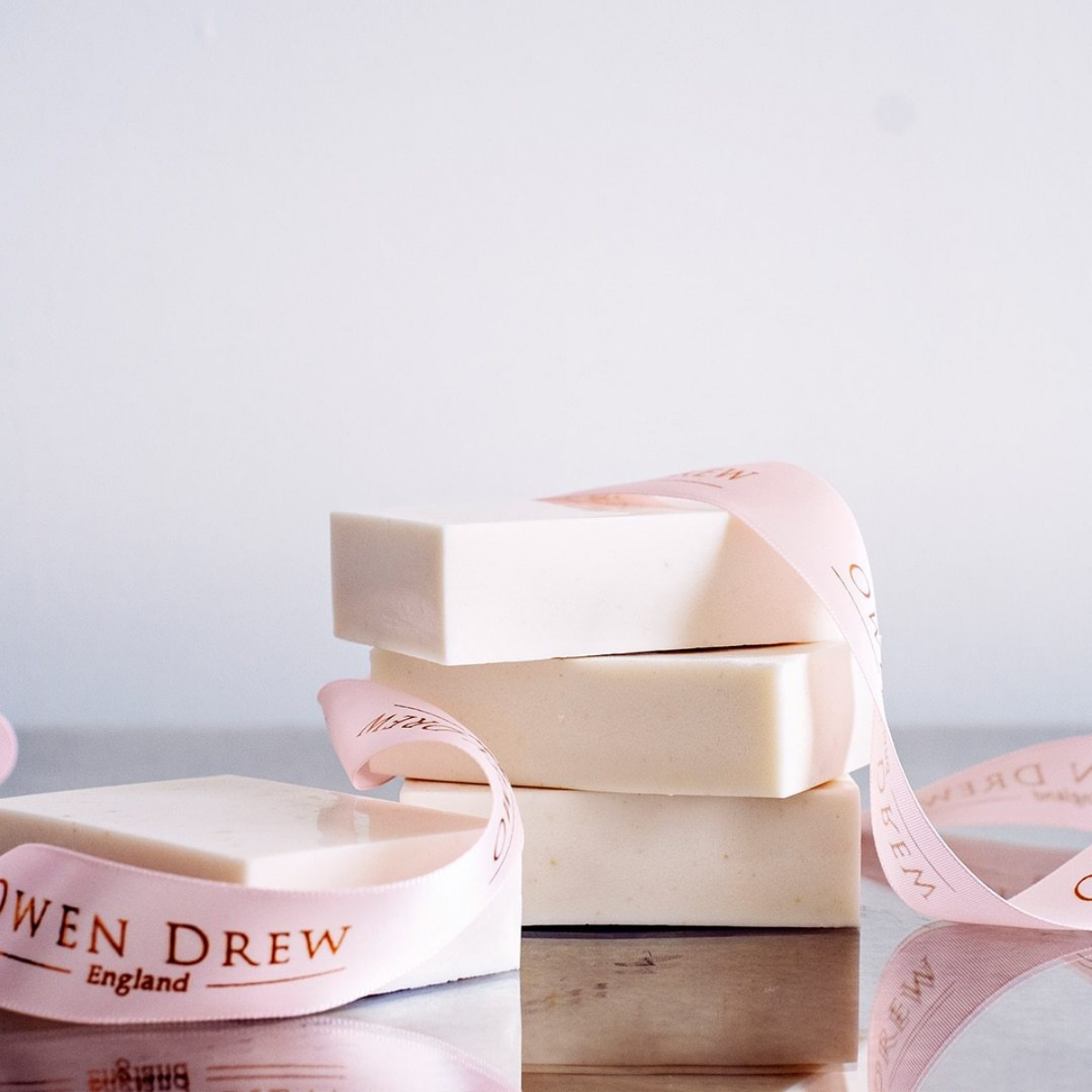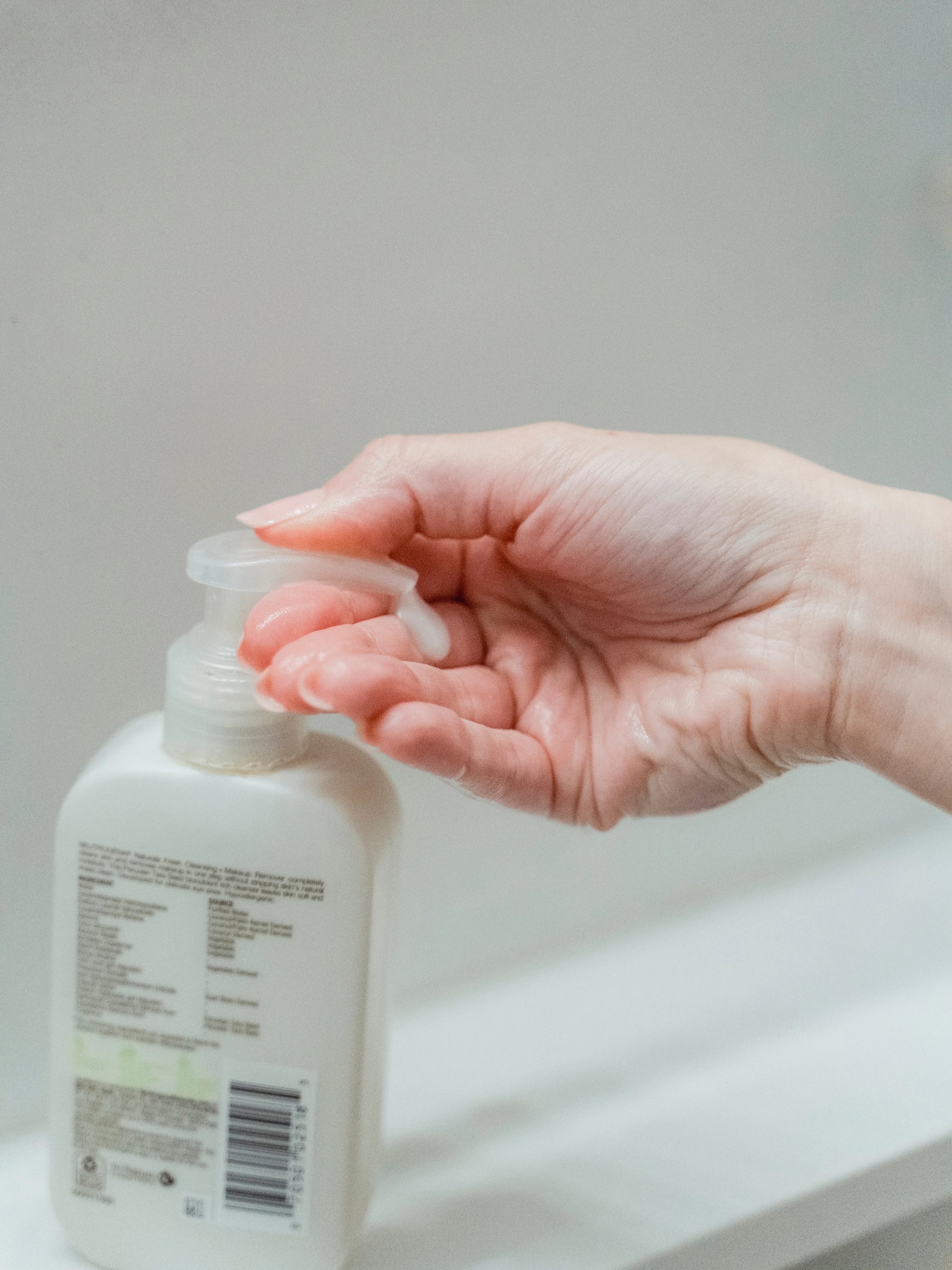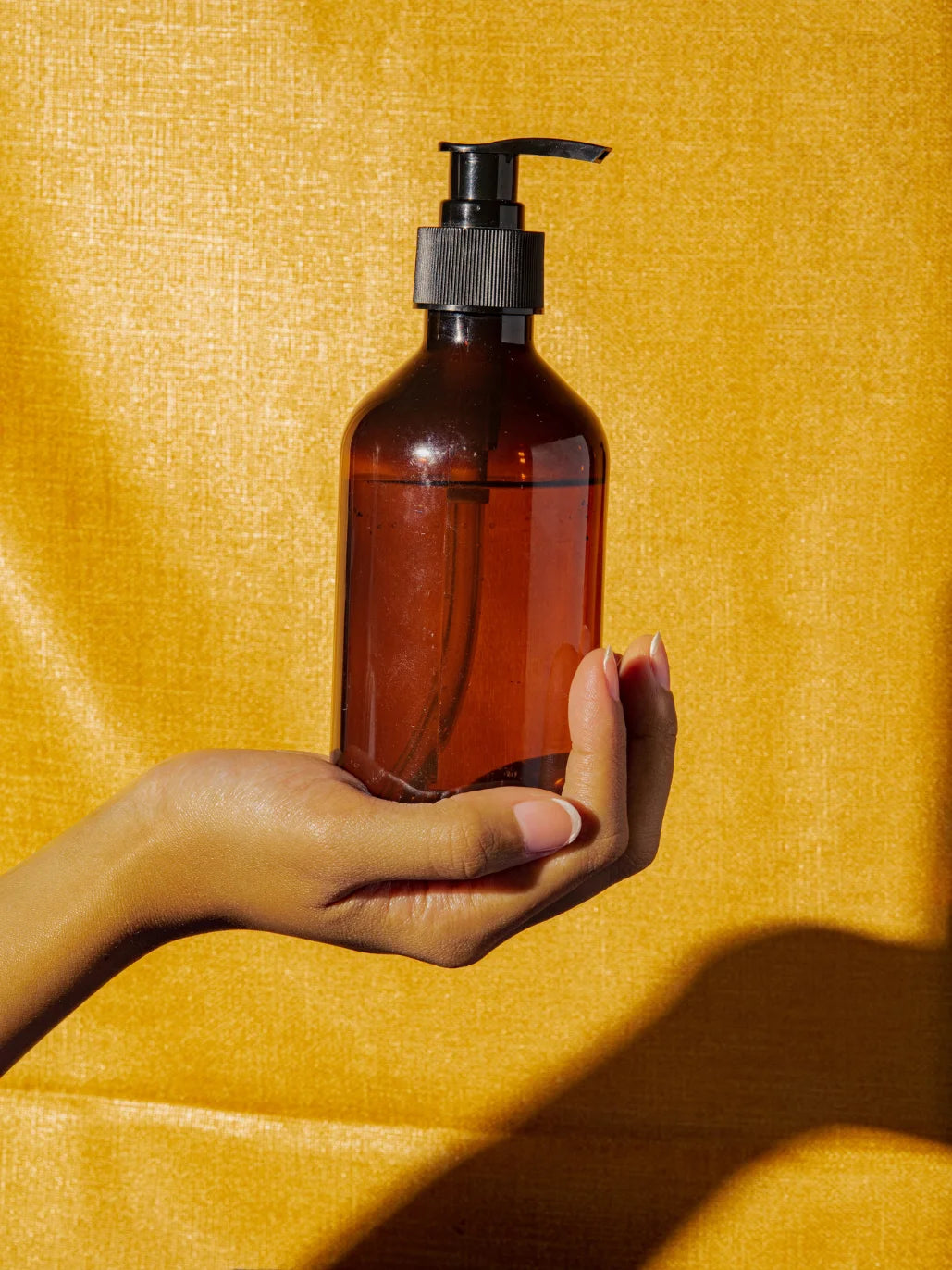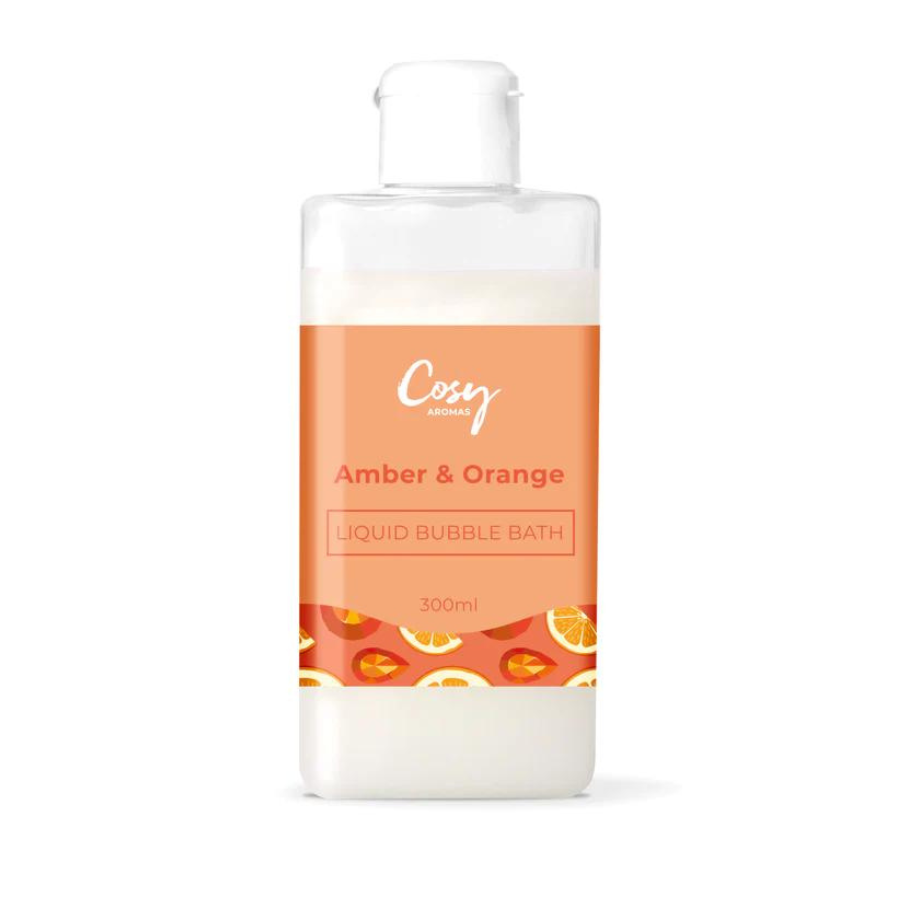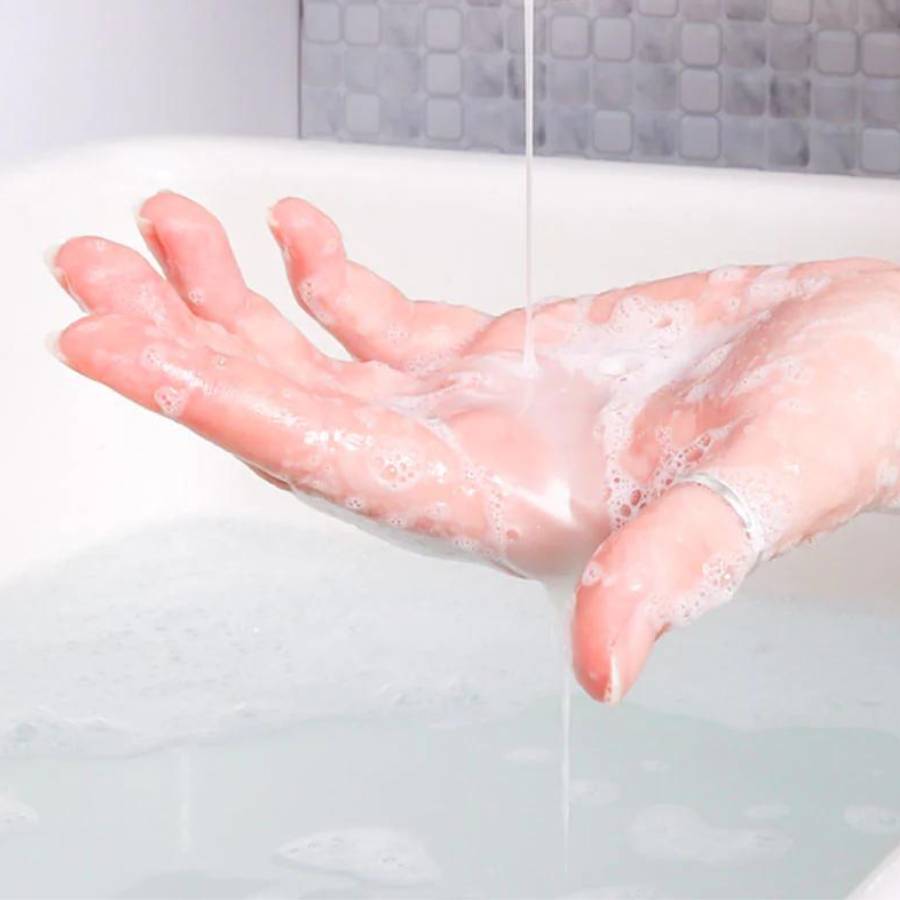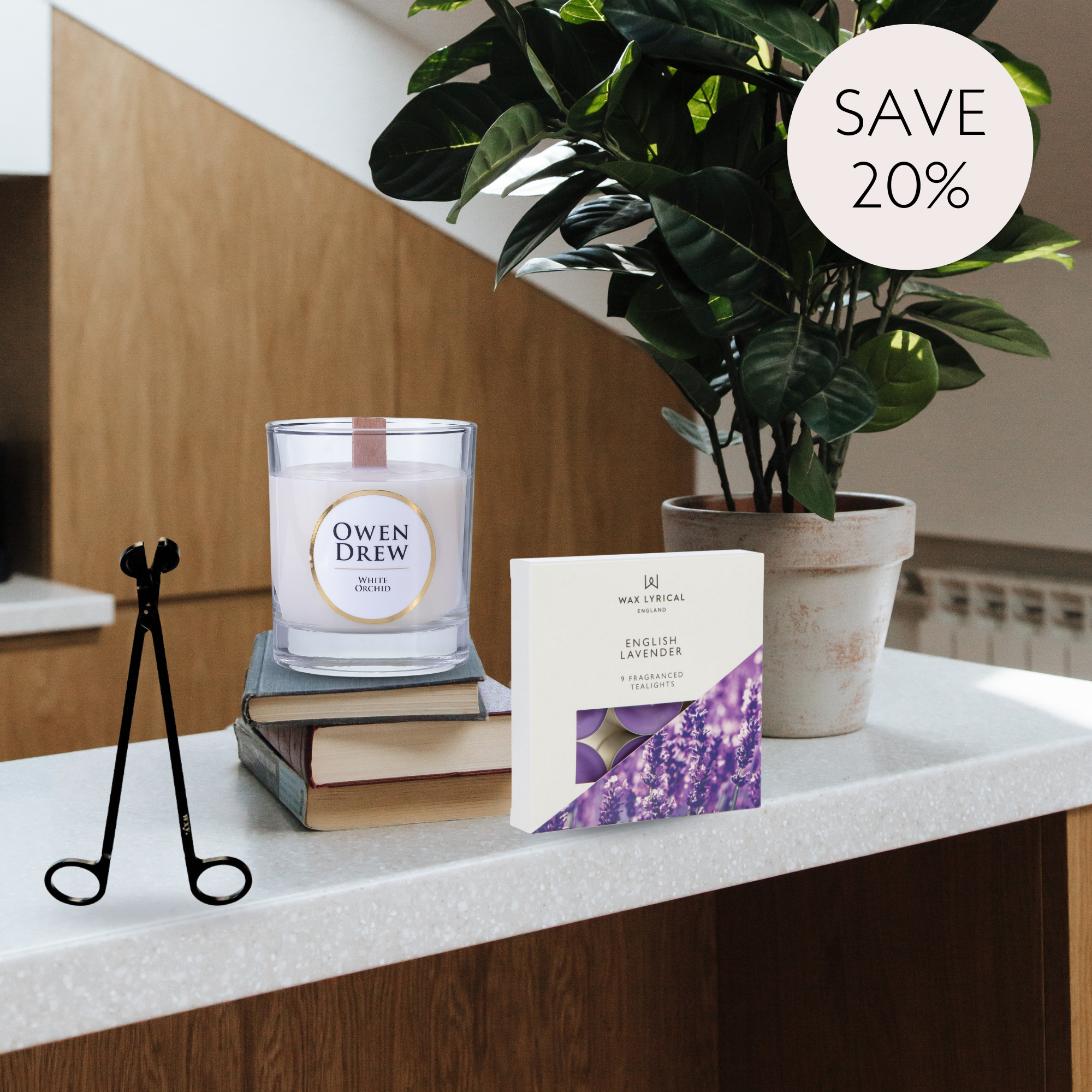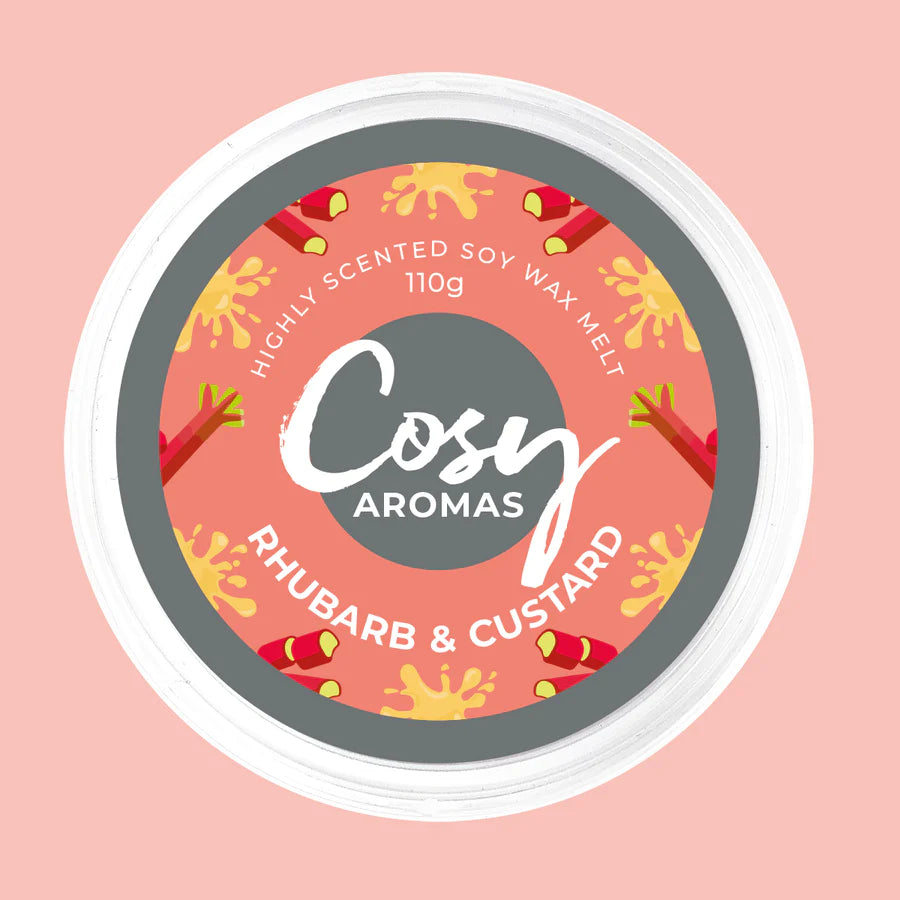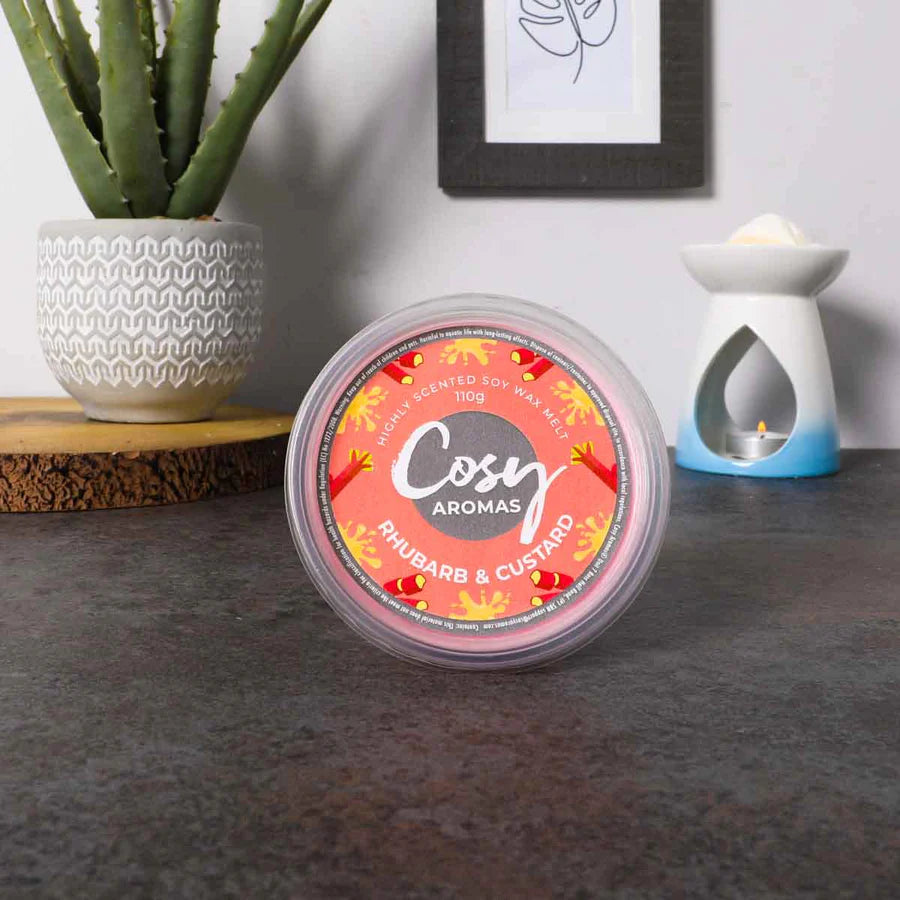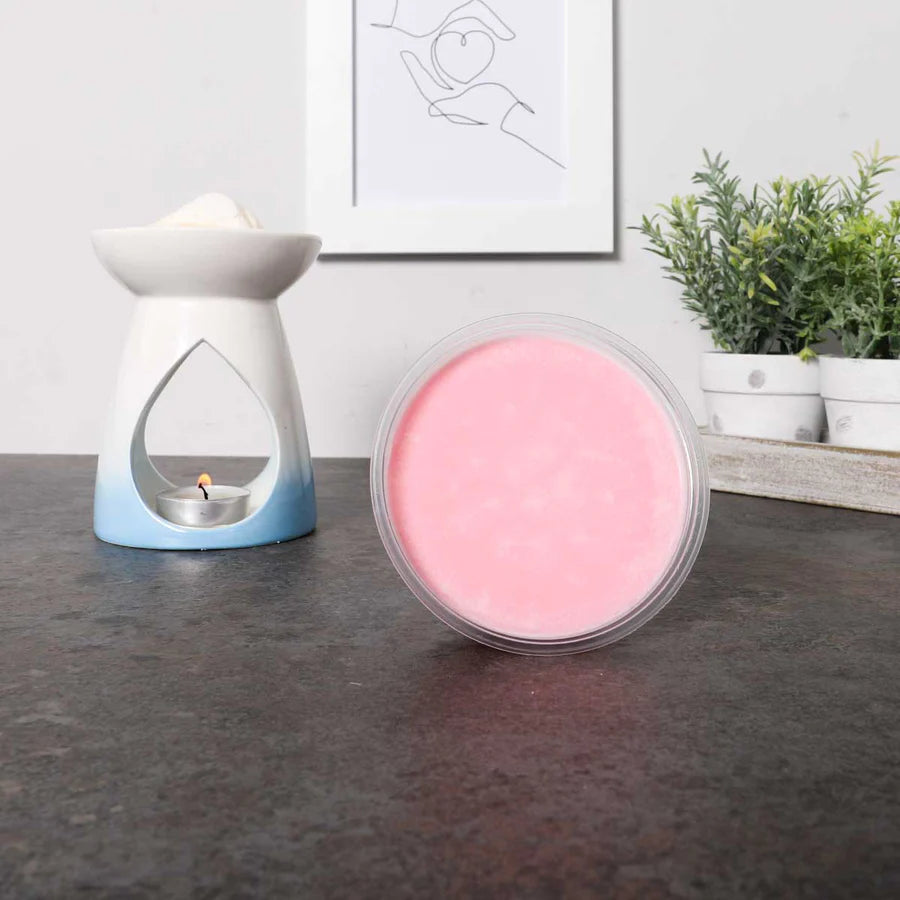Choosing the right soap for your skin can be challenging. When you head to the store to buy soap, you're faced with various shelves of soap products. It's overwhelming but you have to decide which soap you want. Should you choose natural or liquid soap? It's a choice we all face at the store, and it's not always easy to know which soap is right for you, your skin, and the environment.
So, let's take a look at the world of natural and liquid soaps. We'll explore the pros and cons of natural soap and liquid soap to help you make an informed decision.
What is Natural Soap?
Natural soap is quite different from commercially produced soaps. Commercial soaps use synthetic detergents and other chemicals that can damage your skin and be hard on the environment. Organic natural soap, however, is made with natural ingredients.
The Growing Trend of Natural Soaps in 2025
We're 2025, and natural soap is becoming a huge trend. According to Fortune Business Insights , the global natural soap market size was about USD 2.4 billion in 2025. The market is predicted to grow to USD 2.54 billion in 2025 and to USD 4.17 billion by 2032!
Customers becoming more concerned about the impact chemicals and synthetic materials have on their skin and the environment. The shift to handmade natural soap is not just a fad or a trend. It's a long term change and is all about people making a conscious decision to live more naturally.

